Cold War
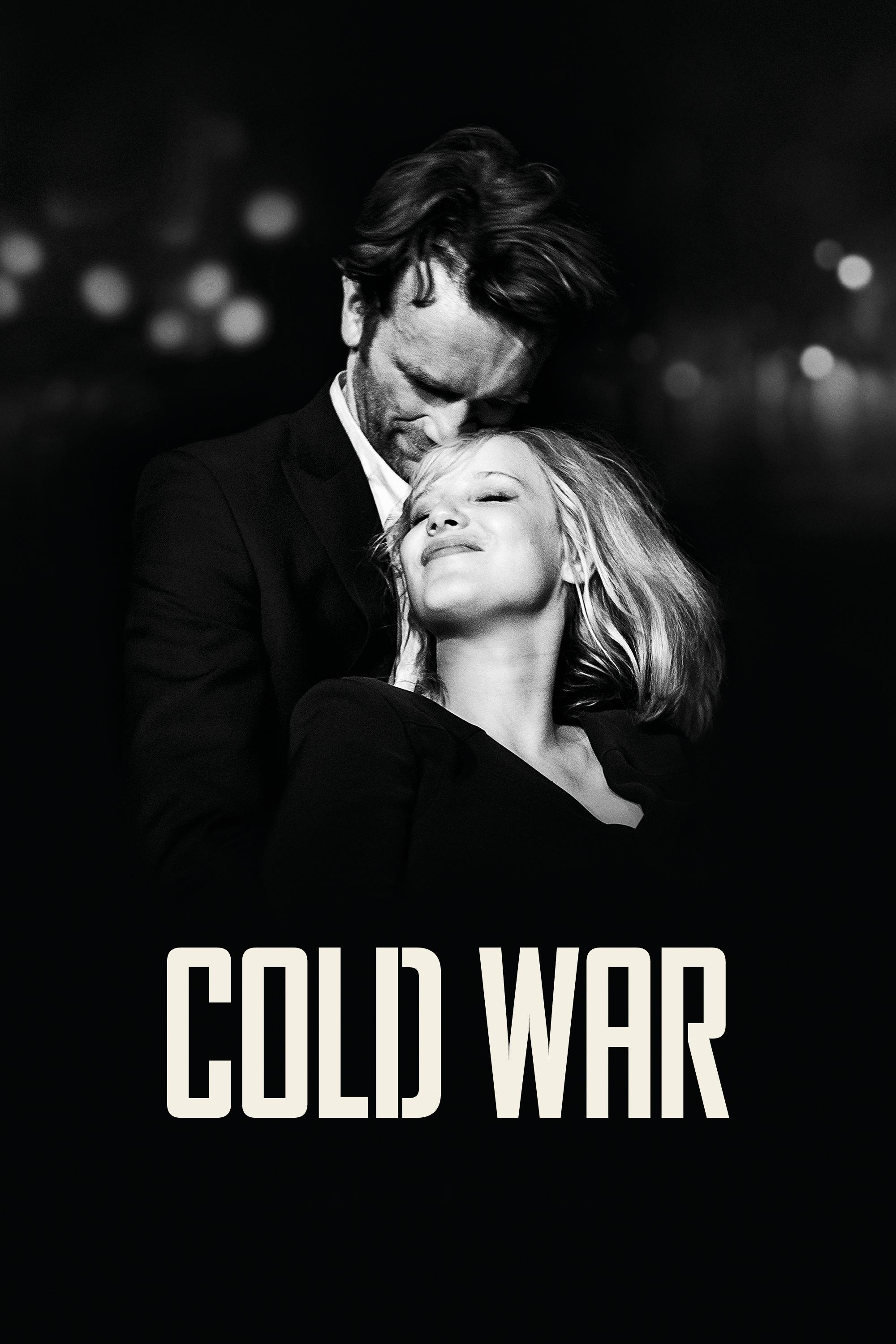
Reviews
Stephen Campbell
**_Aesthetically perfect, narratively frustrating_** >_It's very much to do with my parents - the world they lived in that kind of shaped them, tripped them up. But it's also about two people who are very strong individuals, and very attractive. My father was an old-fashioned guy who said a woman has to fit in, and my mother just didn't at all. Their story had betrayal, and separations, getting together again, having a baby, then divorcing and really falling out horribly, then leaving the country separately. My father escaped. My mom married an English guy in order to leave Poland, with me_ _in tow, when I was 14. But then my parents met abroad again a couple of years later and fell in love, and decided they wanted to be together. They dumped their spouses and got married, and ended up living together in Germany, in exile. Then they quarrelled, and she had an affair with some other guy, much younger. But they ended up together because they were both tired, too tired to fight after 40 years of this stuff._ >_My mother was a ballerina in the first half of her life and she screwed up her back. She had scoliosis, which she didn't look after, and then she had three operations that went wrong. She was in corsets, and there was morphine. My father had three heart attacks; he was a heavy smoker and drinker. They were quite young when they died, 57 and 67, but they died together in a not dissimilar fashion to what you see in the film. Just before they died they were, for two or three years, the happiest couple. They came to realise they had nothing but each other. The countries change. The boyfriends, girlfriends, wives change. Politics change. But they realized that the only thing in the world is her, is him._ >_It's the mother of all love stories in a way. But it didn't seem like a love story throughout. It felt like a really bad marriage. God forbid you have such a love story. You'd rather have just a normal relationship. In this stable place. In one country, ideally._ - Paweł Pawlikowski; ""I wanted to make it a beautiful disaster": Paweł Pawlikowski on his new film _Cold War_" (Alissa Wilkinson); _Vox_ (December 21, 2018) Reading around some of the reviews of _Zimna wojna_ [_Cold War_], I recognise that this should have been a film I liked, loved even, as so much of what these critics are praising are exactly the kinds of things I myself often look for in a film, and I genuinely wish I had been able to get what people like _The Guardian_'s Peter Bradshaw or the _Los Angeles Times_'s Justin Cheng have gotten from it. It's one of the best-reviewed films of the year (94% approval rating on Rotten Tomatoes at the time of writing), and I freely acknowledge there's a huge amount to praise here, with elements of the visual design borderline genius. However, all the aesthetic brilliance in the world doesn't hide what, for me, is its single greatest flaw - it just left me utterly cold; I didn't care about the two main characters, and I didn't buy their relationship. Yes, I'm aware that emotional detachment is exactly what it was going for, and it's probably unfair to criticise a film for successfully doing what it intended to do, but when it ended, all I could think was "meh." Now, I know what you're thinking, because I've thought it myself in relation to any number of user reviews for any number of films – you're probably already formulating your "_go back to Michael Bay_" comments, and I can't say I blame you. But, whilst I can certainly appreciate much of what is on offer, and understand why critics have loved it, the end result for me was one of indifference. Although, to be fair, that may say more about myself than the film. Written by Paweł Pawlikowski (_My Summer of Love_; _The Woman in the Fifth_; _Ida_), Janusz Głowacki (_Wałęsa. Człowiek z nadziei_), and Piotr Borkowski (_Lek wysokosci_), and directed by Pawlikowski, who loosely based the story on events in his parents' lives, to whom the film is also dedicated, the plot of Zimna wojna is simplicity itself. The film begins in 1949, two years since a communist government came to power and the country was provisionally renamed _Rzeczpospolita ludowa_ [Polish People's Republic]. It opens with composer and pianist Wiktor (Tomasz Kot), his ethnomusicologist producer Irena (Agata Kulesza), and rigid state-sponsored overseer Kaczmarek (Borys Szyc) travelling through the isolated rural communities of the Polish countryside, recording folk songs and attempting to find recruits for a folk music school, with the aim of putting together an ensemble to perform nationally, and hopefully, internationally. Wiktor is bored out of his mind with the repetitive nature of the work, until a young woman named Zula (an extraordinary Joanna Kulig) comes to the school to audition. Although she doesn't fit the profile of what they are looking for – she's from the city rather than the countryside, is rumoured to have spent time in prison for killing her father, and performs not a folk song at her audition, but a piece from a Soviet film – and although Irena points out there are better singers, Wiktor argues that she has "_something different_." Irena, who may or may not be in love with Wiktor, immediately recognises that he's enamoured with Zula, but he assures her he's acting out of pure professionalism. Of course, he isn't, and soon enough, he and Zula are in the midst of a passionate relationship. And that's pretty much it as far as the plot goes. The rest of the film takes place over 20 years and four countries (Poland, France, Yugoslavia, and East Germany), but it never branches out from the central relationship. There are no subplots or significant supporting characters; the narrative is pared down to within an inch of its life, with every scene, every line of dialogue, every action, existing only in relation to this focal driving force. So, to look first at some aspects of the film which I liked. The aesthetic is absolutely unparalleled, as Pawlikowski and director of photography Łukasz Żal (_Ida_; _Loving Vincent_) allow the visual design to both originate from and convey thematic points, a truly extraordinary example of form and content blending into one another. As an example, the film is exquisitely shot in Academy ratio (1.37:1), which has the effect of confining the characters within the frame. The nature of the film lends itself to sweeping vistas and cityscapes captured in anamorphic (2.39:1), but, instead, Pawlikowski and Żal use the box-like nature of the Academy frame to trap the characters, meaning they don't seem free even when standing in the vast open countryside or in Paris at night. The epic nature of the narrative and the confined frame work in a kind of ironic symbiosis to visually convey the important theme of the tensions within and between the characters; freedom and confinement constantly working against one another. Another example of the synergy between form and content is the use of focus. For example, in the opening scene, the shallow focus creates a depth of field so small that the village just behind the in-focus singers is completely flattened. This renders it visually inaccessible, and thus compels the audience to concentrate fully on nothing except the foreground singers. Compare this with the scene where Kaczmarek is giving a speech extolling the glory of the state and the prestige of the school to a collection of bored students, all the while a cow is wandering around in the mud behind him. The use of a deeper focus here than in the opening means that the cow falls within the larger depth of field, and can be clearly seen, once again directing the audience's attention, only this time that attention is directed away from the foreground character as opposed towards him. The cow, obviously enough, serves as a commentary, telling us exactly what Pawlikowski thinks of Kaczmarek's speech, and the ideologies underpinning it. Another scene of this ilk is when a worker is attempting to hang a "_We welcome tomorrow_" banner on the front of the music school, under directions from Kaczmarek. However, falling from his ladder (and by the sounds of it, falling to his death), the banner is never hung, hanging limply across one side of the building. Again, as with the cow, this is Pawlikowski criticising the state-sanctioned machinery introduced by the _Polska Zjednoczona Partia Robotnicza_ [Polish United Workers' Party] since 1948. Of course, the communists are not "welcoming tomorrow" – they are far more interested in the past, which is why they are collecting folk songs; in an effort to create a Politburo-approved musical tradition designed to instil both national pride and political conformity, by rejecting the "western" rock & roll music of tomorrow in favour of a musical past. Speaking of music, in relation to the way the opening scene is shot, it instantly becomes clear how vital a part of the story music and singing are. As the narrative develops, music becomes Wiktor and Zula's everything – they derive hope from it, they imbue it with their feelings, it brings them together, it drives them apart, it even comes to symbolise the strange bond between them, never moreso than when Wiktor refers to an album on which they have been collaborating as "_our child_." Another structural aspect that is exceptionally well handled is how Pawlikowski designs the time jumps, as the film skips forward to the next instalment in the story. When a sequence is finished, the film cuts to black, and then, using a variation of a J cut, the sound from the next scene can be heard a few seconds prior to the image being seen. Furthermore, that sound is usually music, reemphasising just how important music is to these characters. Interestingly however, the last few time jumps don't use music to introduce the incoming scene, perhaps referring to the changes in the characters' circumstances at this stage of the film, the darker ideological underpinnings of their psyches. In relation to this, it's also worth pointing out that once we get to the second half of the film, the two leads almost never smile (not that they smiled that much in the first half). Ironically enough, the character who smiles the most is probably Kaczmarek. So, having spent all this time waxing lyrical about aspects of the film which impressed me, why did I not enjoy it? As I said above, there's a huge amount to admire here, the craft is exceptional, but, at the end of the day, this is a romance. And it doesn't work as a romance. Yes, it's not what you would call a standard romance by any means, the character motivations and justifications that you'd see in other narratives of this ilk (not just filmic texts) are absent here, and maybe because of that, although there was undeniable chemistry between the leads, I just didn't buy their seemingly insatiable compulsion to seek one another out, sleep together, hurt one another, and then split up. The problem is, this exact template happens about five times – they meet, have a great time for a while, argue over something, and one runs off. Wash, rinse, repeat. And even at only 85 minutes, this kind of structural repetition becomes, well, repetitive, as I increasingly found myself asking "why are these two even together?" To give you an example of what I'm talking about, during one particular argument, after Zula finds out Wiktor has been lying to people about her background, he explains, "_I wanted to give you more colour_". Seriously? These are two people who have precious little respect for one another; beneath all the eroticism and physical attraction, they are simply two irreparably damaged people trying to save one another, living with a co-dependency, but instead hastening each other towards destruction. And as I couldn't buy into the believability of the romance, the entire enterprise floundered; it never achieves the status it seems to be aiming for, that of cathartic high-tragedy. And although the end is very well done, and the last line is spectacular, it left me unmoved, because, by that stage, I just didn't care. True, the structure of the film and the insanely tight editing means that events in their lives are glanced at rather than lingered over, so the kind of nuances and character beats you'd often expect are absent, with the audience being allocated no time to become enveloped by the emotions on screen. As the narrative is built on ellipses and omissions, many (in fact, almost all) of the standard romantic tropes simply aren't present. By design, the film is barren and emotionally impenetrable, and in that sense, Pawlikowski seems to have been attempting to construct as detached a narrative as he possibly could. If anything, he succeeds too well.
GenevieveChenneour
The film that made me fall in love with cinema. And later become and actor! Every frame aches. Every glance is a trapdoor. Cold War is a masterclass in restraint - two souls orbiting each other through music, war, and impossible borders. Love doesn’t always survive history. Sometimes, it is history.
Movie Recommendation
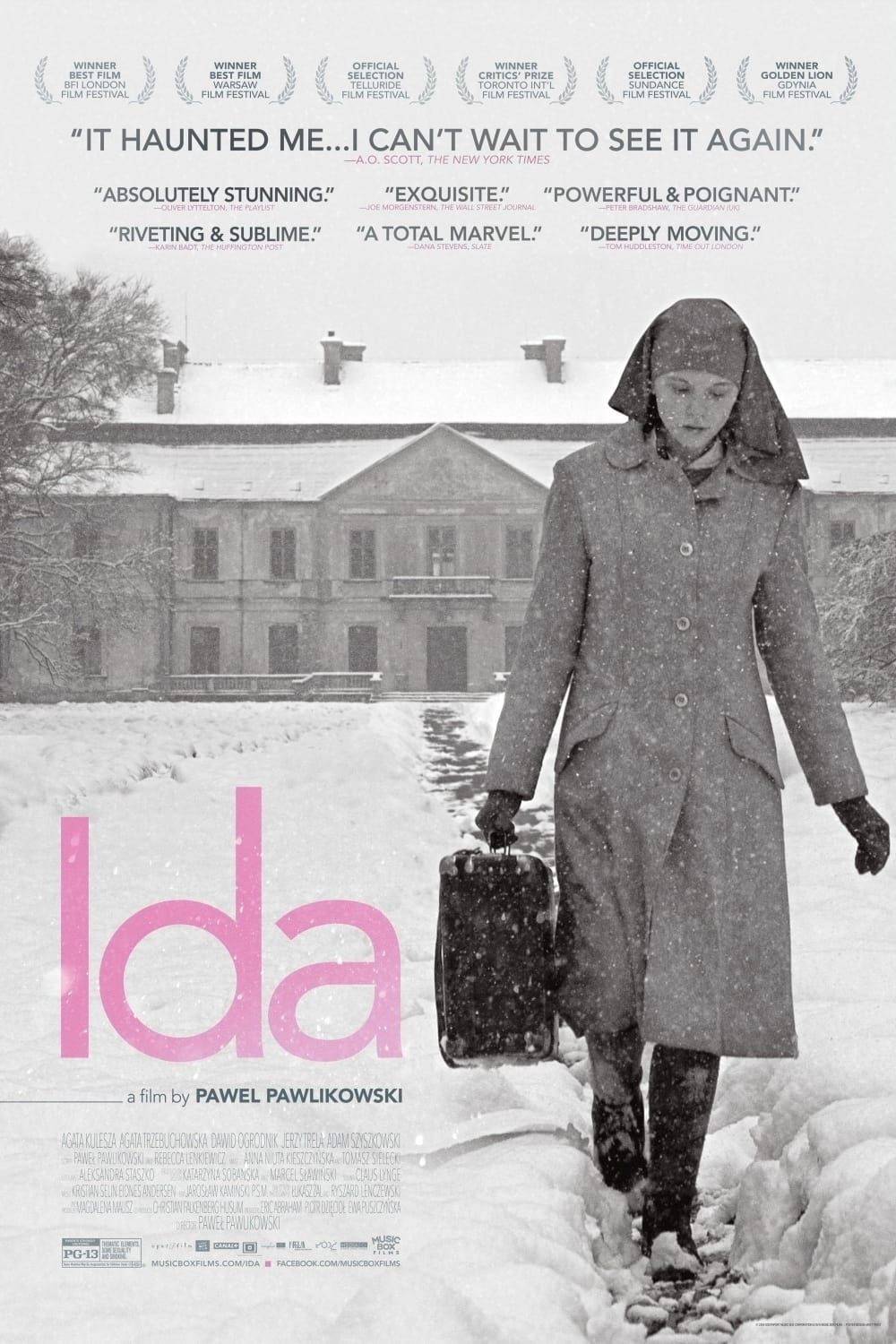 Ida2013-10-25In 1960s Poland, young novitiate Anna is on the verge of taking her vows when she discovers a family secret dating back to the years of the German occupation.More...
Ida2013-10-25In 1960s Poland, young novitiate Anna is on the verge of taking her vows when she discovers a family secret dating back to the years of the German occupation.More...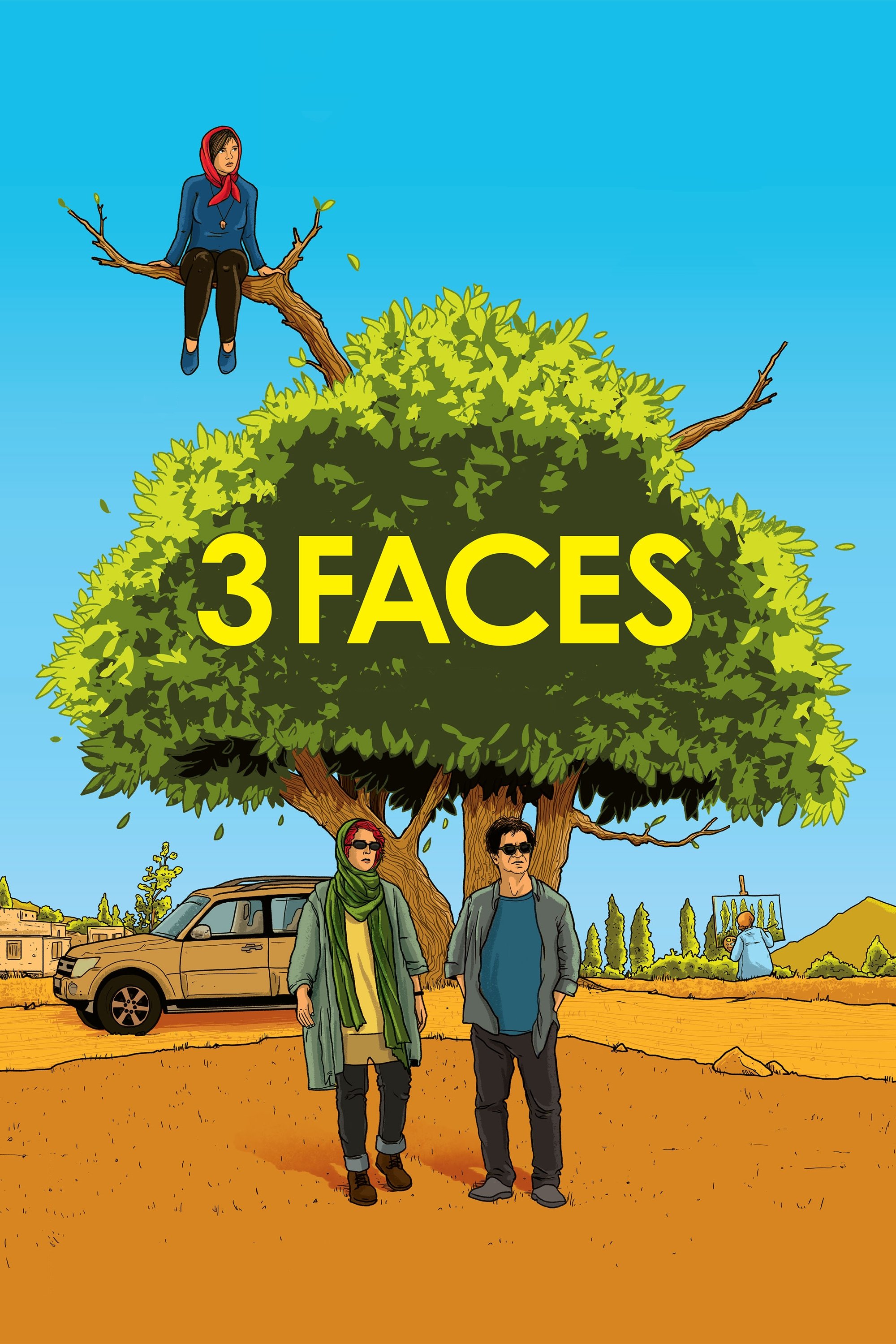 3 Faces2018-06-06Filmmaker Jafar Panahi and actor Behnaz Jafari travel to a tiny village after receiving a plea for help from a girl whose family has forbidden her from studying acting. Amusing encounters abound, but they soon discover that the local hospitality is rivaled by the desire to protect old traditions.More...
3 Faces2018-06-06Filmmaker Jafar Panahi and actor Behnaz Jafari travel to a tiny village after receiving a plea for help from a girl whose family has forbidden her from studying acting. Amusing encounters abound, but they soon discover that the local hospitality is rivaled by the desire to protect old traditions.More...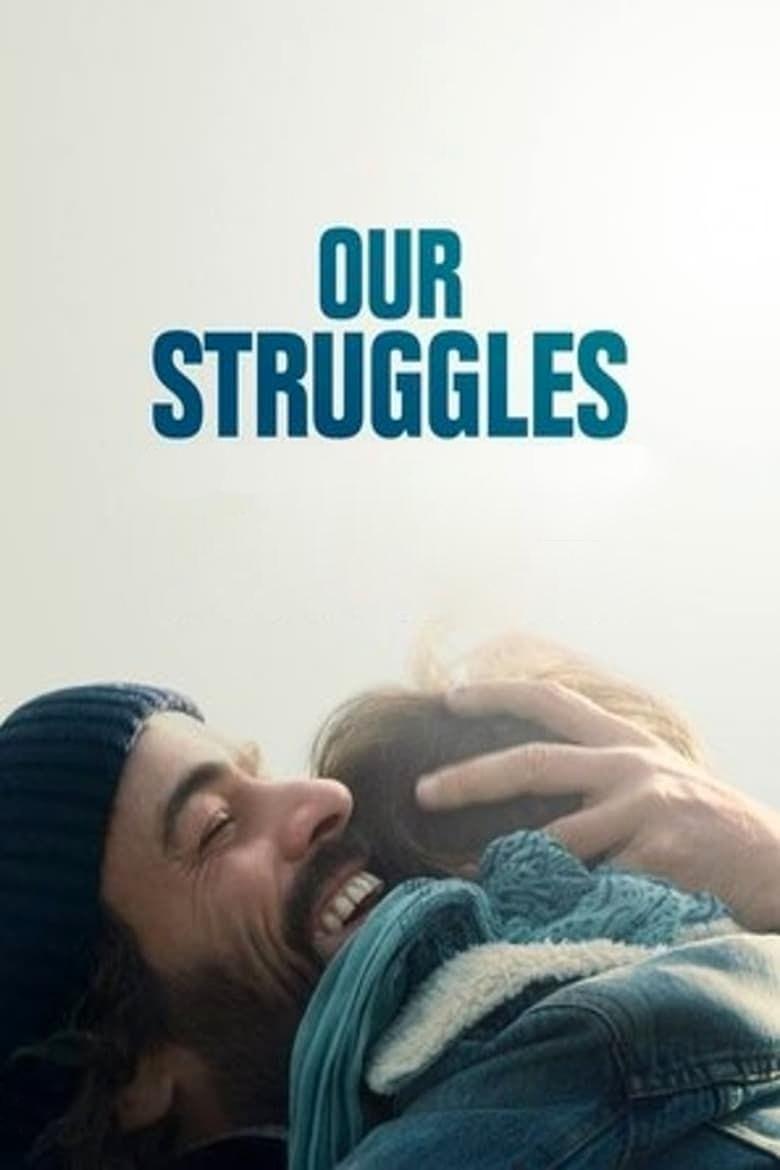 Our Struggles2018-10-03While Olivier, a 39 year-old foreman gives his job everything he’s got, Laura, his wife and the mother of their two children, abandons the family home, leaving Olivier alone to face his responsibilities. Lost and completely thrown, Olivier is going to have to come to terms with his new status as a single father raising his children alone. Because Laura’s not coming back.More...
Our Struggles2018-10-03While Olivier, a 39 year-old foreman gives his job everything he’s got, Laura, his wife and the mother of their two children, abandons the family home, leaving Olivier alone to face his responsibilities. Lost and completely thrown, Olivier is going to have to come to terms with his new status as a single father raising his children alone. Because Laura’s not coming back.More...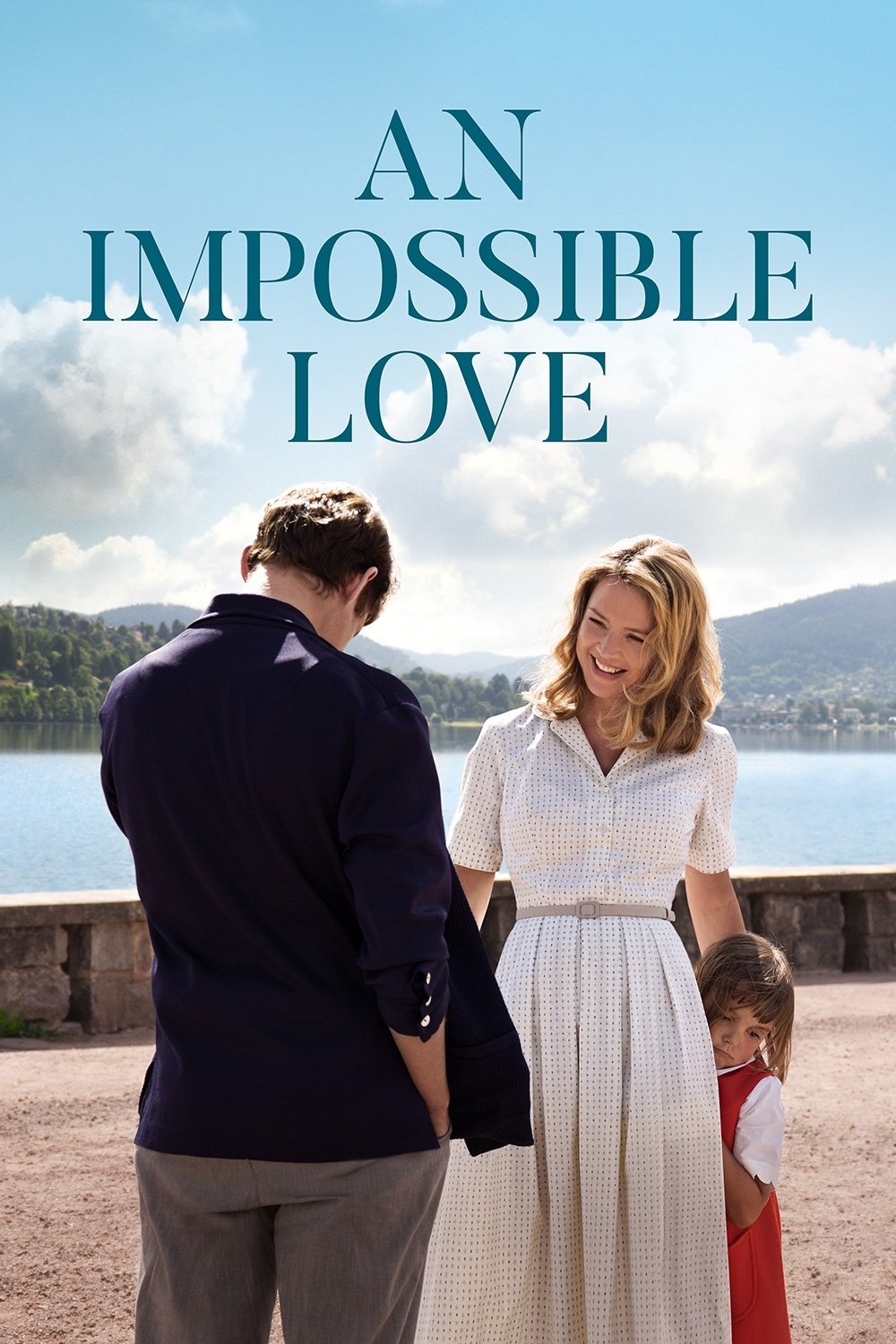 An Impossible Love2018-11-07A chronicle of the unconditional love between a mother and her daughter, from 1958 to the present day, which is endangered by an unsteady and manipulative father.More...
An Impossible Love2018-11-07A chronicle of the unconditional love between a mother and her daughter, from 1958 to the present day, which is endangered by an unsteady and manipulative father.More...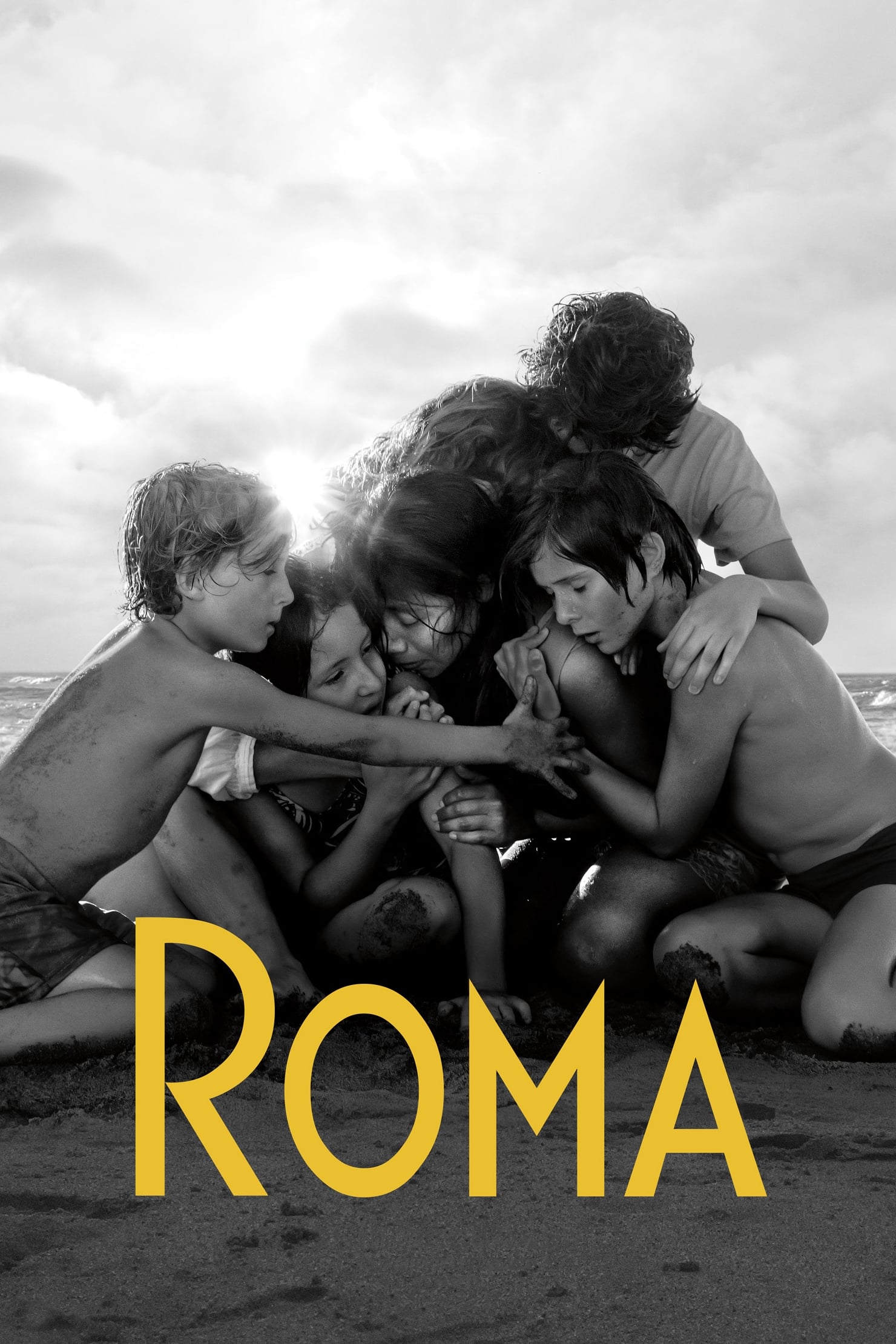 Roma2018-11-21In 1970s Mexico City, two domestic workers help a mother of four while her husband is away for an extended period of time.More...
Roma2018-11-21In 1970s Mexico City, two domestic workers help a mother of four while her husband is away for an extended period of time.More...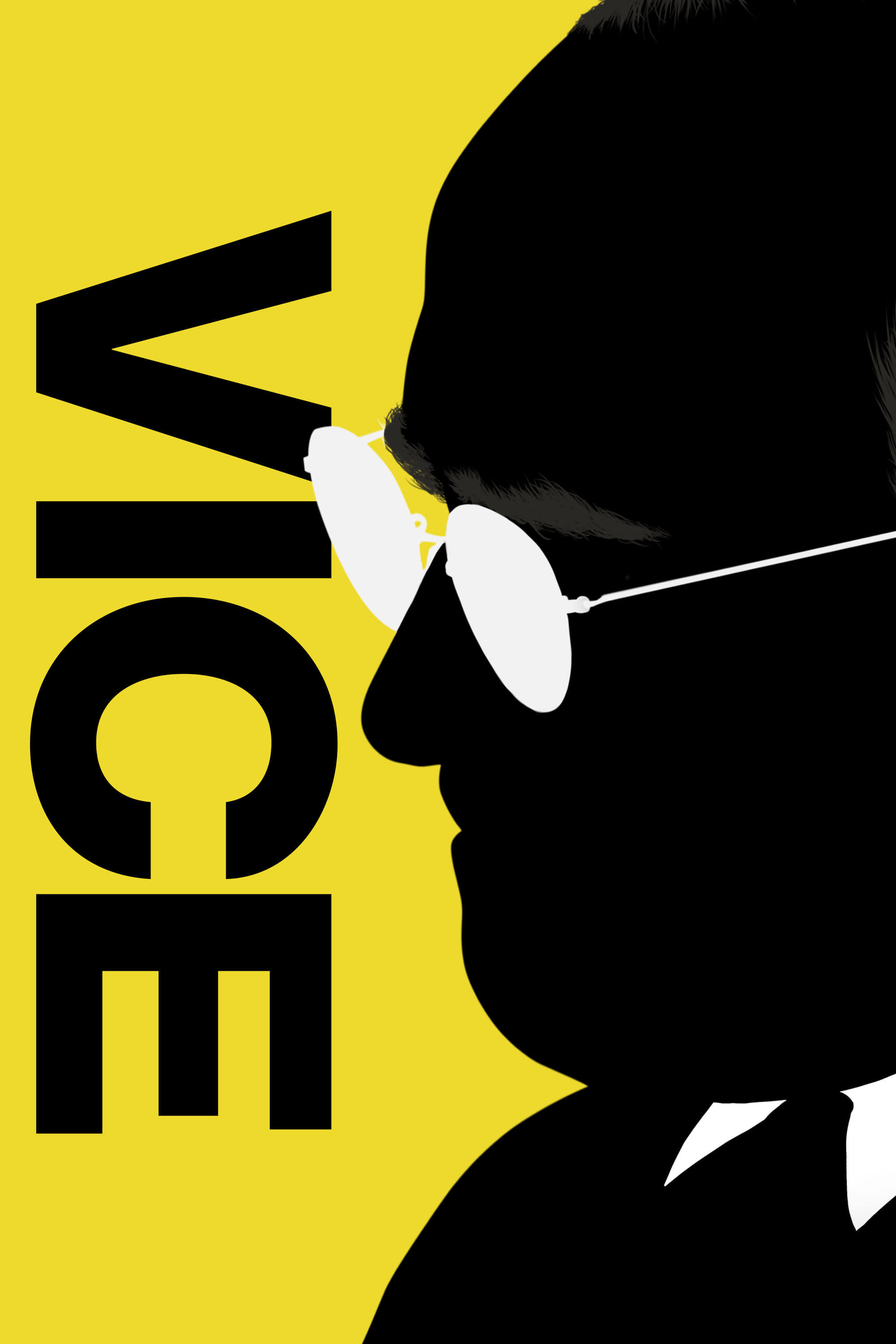 Vice2018-12-25George W. Bush picks Dick Cheney, the CEO of Halliburton Co., to be his Republican running mate in the 2000 presidential election. No stranger to politics, Cheney's impressive résumé includes stints as White House chief of staff, House Minority Whip and Defense Secretary. When Bush wins by a narrow margin, Cheney begins to use his newfound power to help reshape the country and the world.More...
Vice2018-12-25George W. Bush picks Dick Cheney, the CEO of Halliburton Co., to be his Republican running mate in the 2000 presidential election. No stranger to politics, Cheney's impressive résumé includes stints as White House chief of staff, House Minority Whip and Defense Secretary. When Bush wins by a narrow margin, Cheney begins to use his newfound power to help reshape the country and the world.More...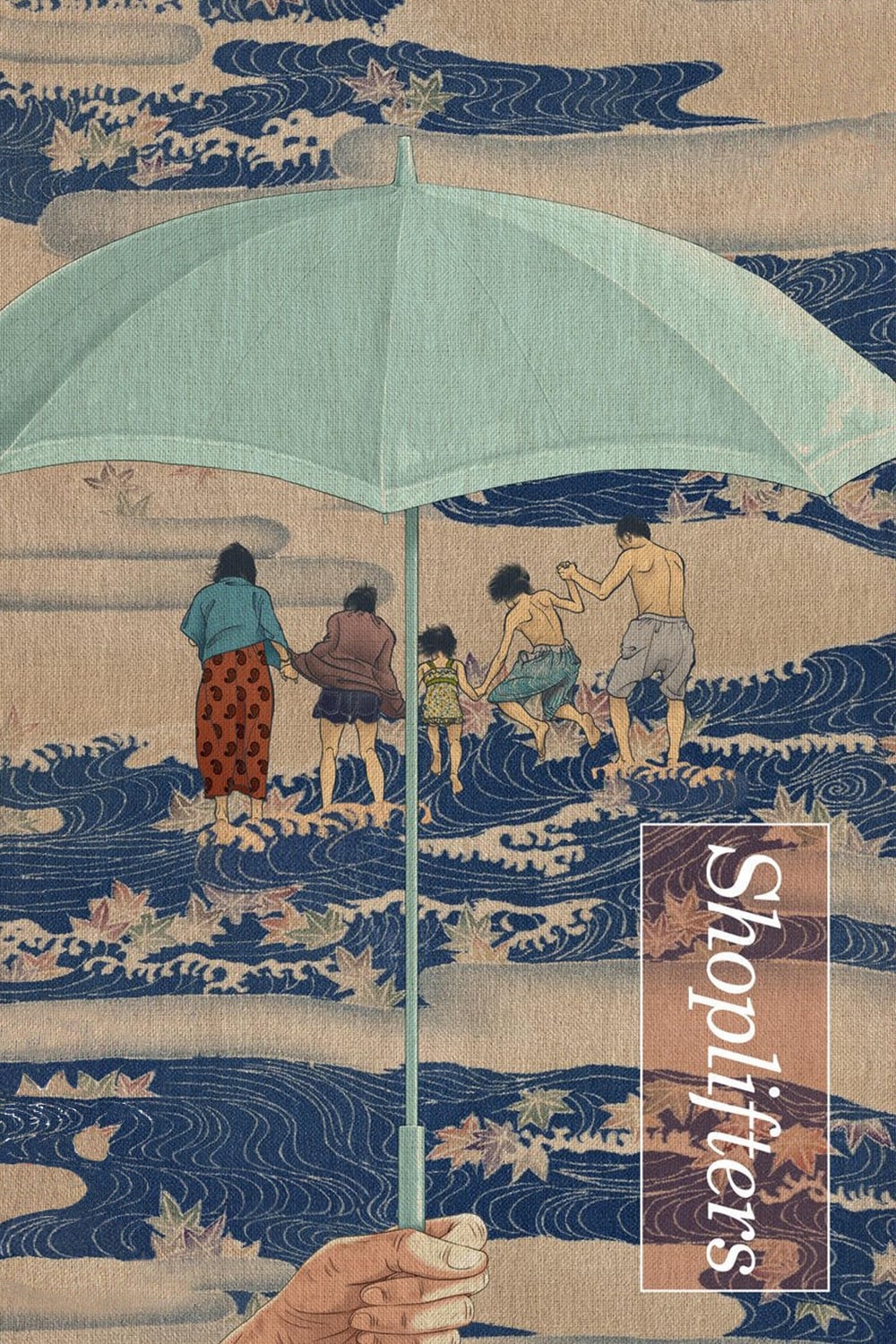 Shoplifters2018-06-02In the outskirts of Tokyo, a poor but close-knit group living on the fringes of society survives through shoplifting and odd jobs. When Osamu and his son take in a neglected young girl, their already fragile existence begins to unravel. As the family grows attached to her, buried secrets surface, forcing them to confront the true meaning of love, belonging, and what makes a family.More...
Shoplifters2018-06-02In the outskirts of Tokyo, a poor but close-knit group living on the fringes of society survives through shoplifting and odd jobs. When Osamu and his son take in a neglected young girl, their already fragile existence begins to unravel. As the family grows attached to her, buried secrets surface, forcing them to confront the true meaning of love, belonging, and what makes a family.More... Shirkers2018-01-21In 1992, teenager Sandi Tan shot Singapore's first indie road movie with her enigmatic American mentor Georges – who then vanished with all the footage. Twenty years later, the 16mm film is recovered, sending Tan, now a novelist in Los Angeles, on a personal odyssey in search of Georges' vanishing footprints.More...
Shirkers2018-01-21In 1992, teenager Sandi Tan shot Singapore's first indie road movie with her enigmatic American mentor Georges – who then vanished with all the footage. Twenty years later, the 16mm film is recovered, sending Tan, now a novelist in Los Angeles, on a personal odyssey in search of Georges' vanishing footprints.More...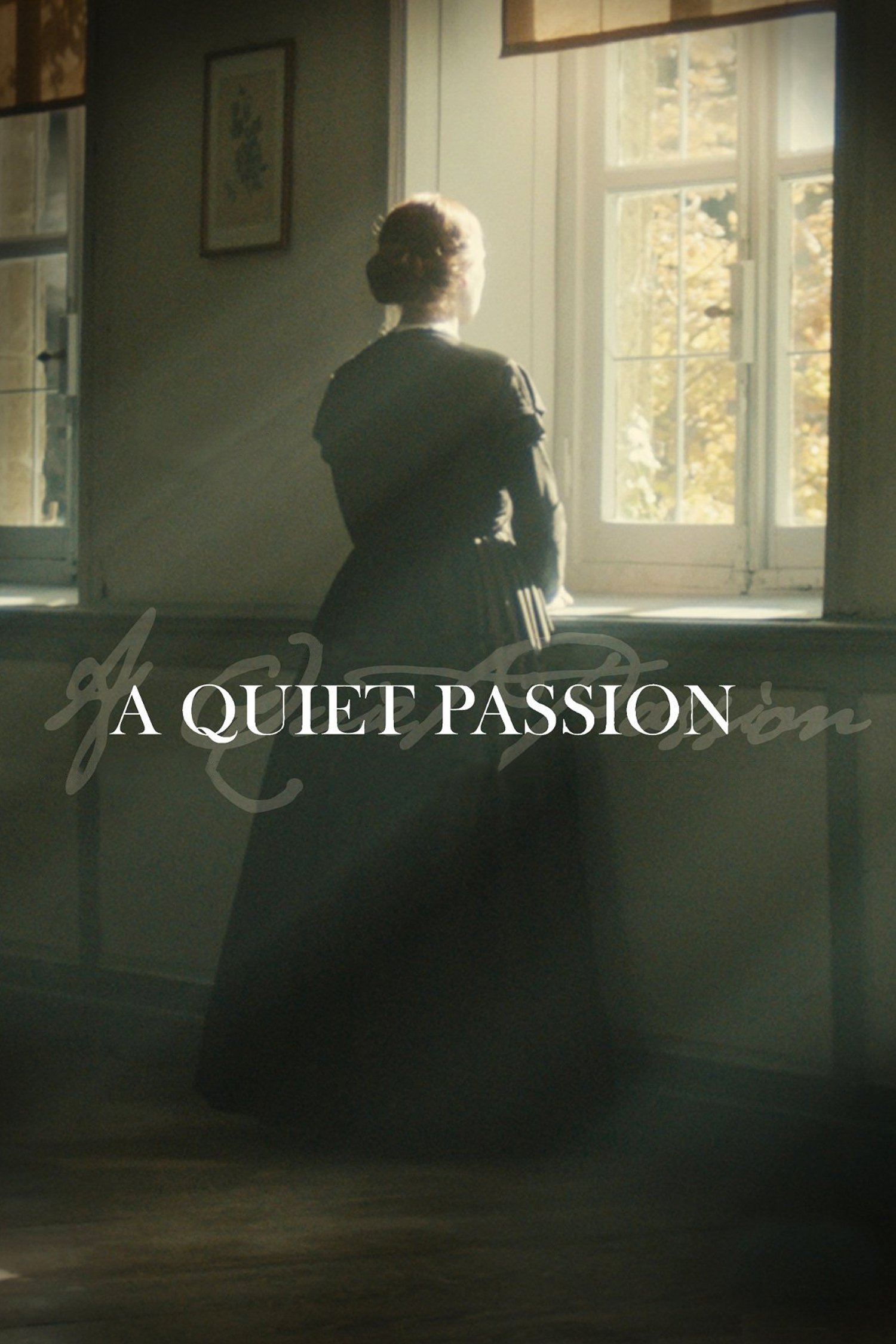 A Quiet Passion2016-10-07The story of American poet Emily Dickinson from her early days as a young schoolgirl to her later years as a reclusive, unrecognized artist.More...
A Quiet Passion2016-10-07The story of American poet Emily Dickinson from her early days as a young schoolgirl to her later years as a reclusive, unrecognized artist.More...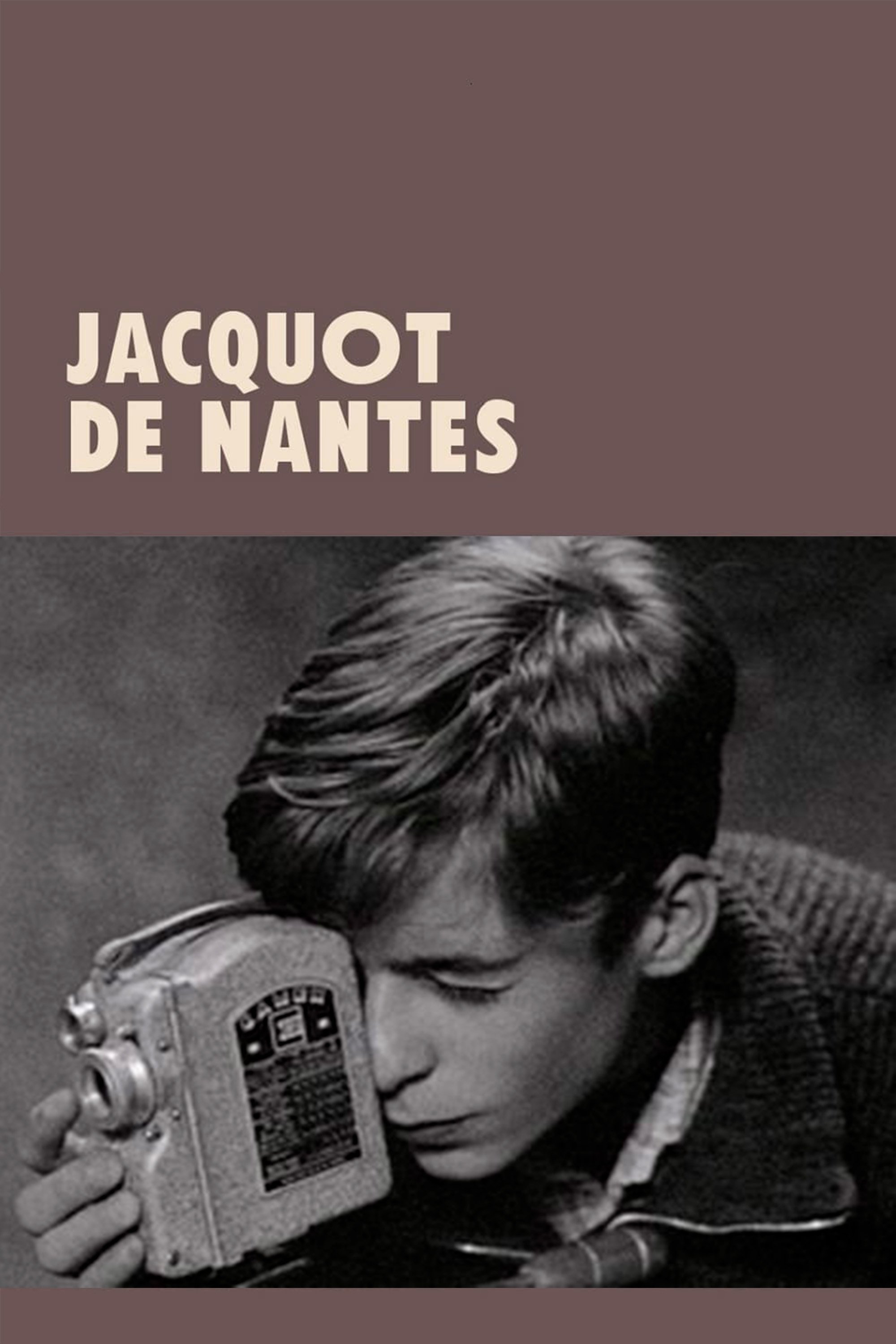 Jacquot1991-05-15Jacquot Demy, the son of a garage owner and a hairdresser, is fascinated by cinema and decides to pursue his dream of becoming a filmmaker by any means necessary.More...
Jacquot1991-05-15Jacquot Demy, the son of a garage owner and a hairdresser, is fascinated by cinema and decides to pursue his dream of becoming a filmmaker by any means necessary.More...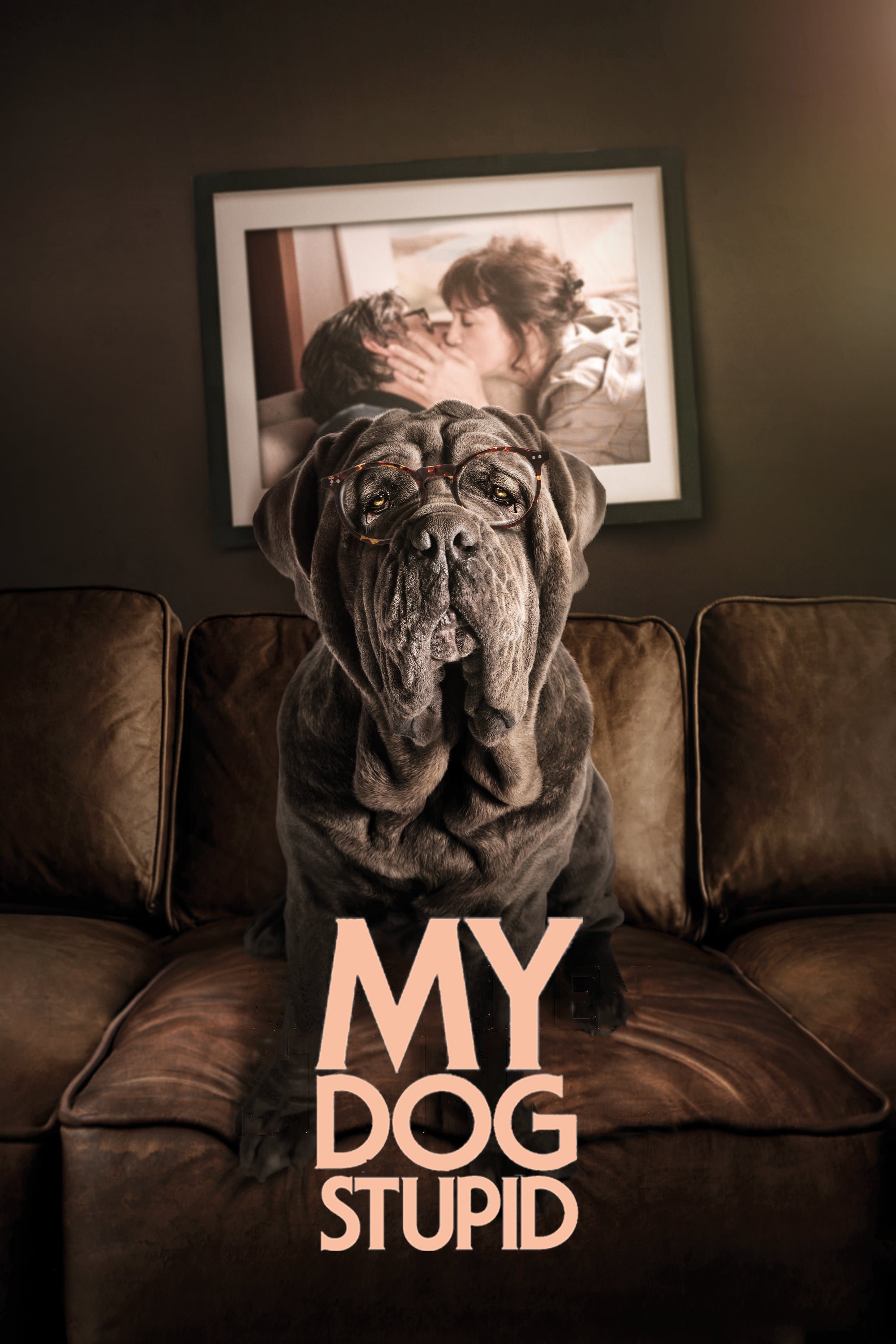 My Dog Stupid2019-10-30Henri is a middle-aged writer with fading inspiration who has published nothing worthy of note in years. Feeling increasingly misunderstood by his wife and four grown up deadbeat kids, he dreams of running away to start over again. Yet when he discovers an unattractive, bad-mannered dog in his garden, he decides to adopt him and both start developing an unexpected friendship that inevitably upsets Henri’s family and neighbors.More...
My Dog Stupid2019-10-30Henri is a middle-aged writer with fading inspiration who has published nothing worthy of note in years. Feeling increasingly misunderstood by his wife and four grown up deadbeat kids, he dreams of running away to start over again. Yet when he discovers an unattractive, bad-mannered dog in his garden, he decides to adopt him and both start developing an unexpected friendship that inevitably upsets Henri’s family and neighbors.More...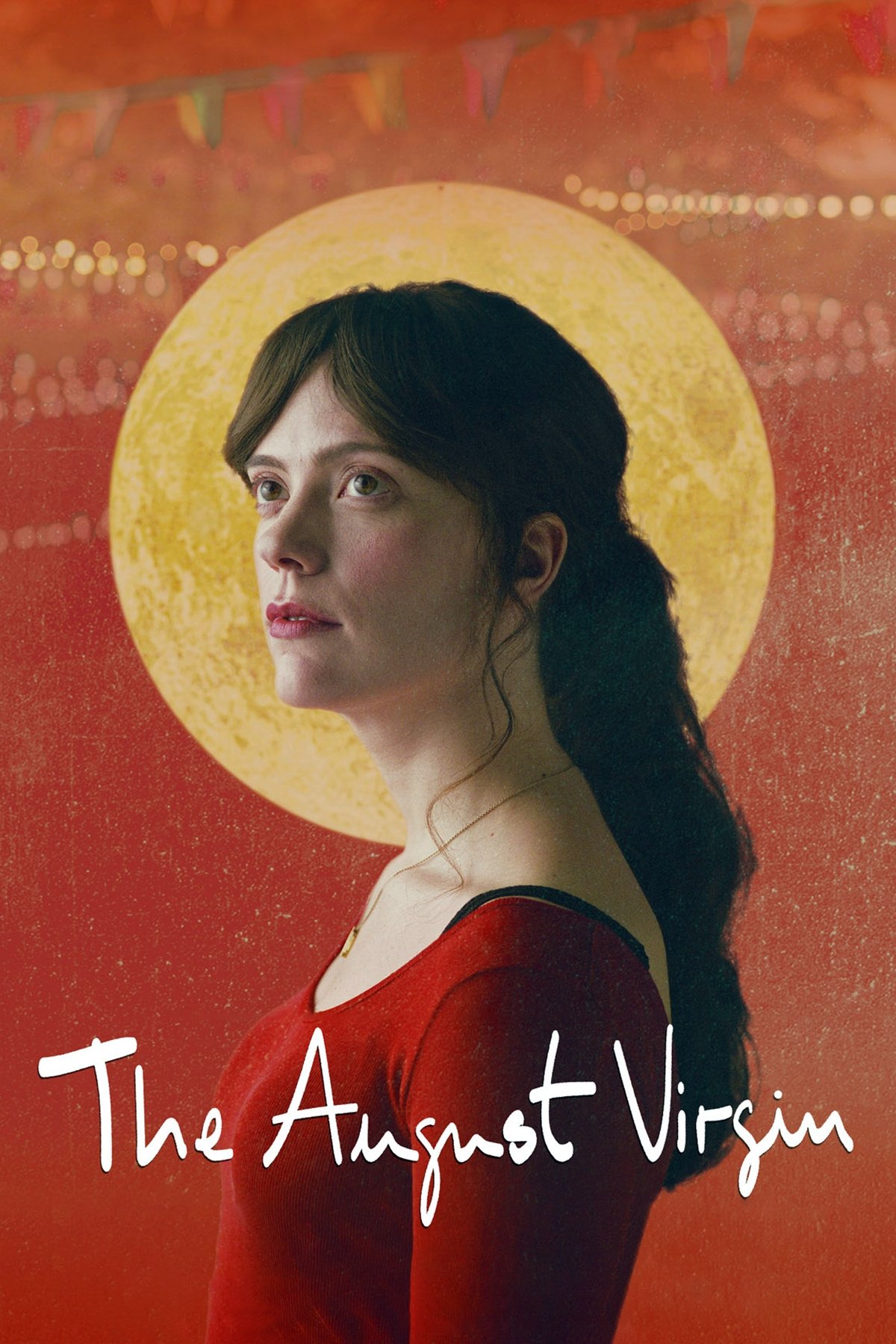 The August Virgin2019-08-15Young Eva makes her decision to stay in Madrid for the month of August an act of faith. She needs to feel things differently and think of summer as a time of opportunity. On days of festivities and verbenas, while events and encounters take place, Eva will discover that she still has time, that an opportunity can still be given.More...
The August Virgin2019-08-15Young Eva makes her decision to stay in Madrid for the month of August an act of faith. She needs to feel things differently and think of summer as a time of opportunity. On days of festivities and verbenas, while events and encounters take place, Eva will discover that she still has time, that an opportunity can still be given.More...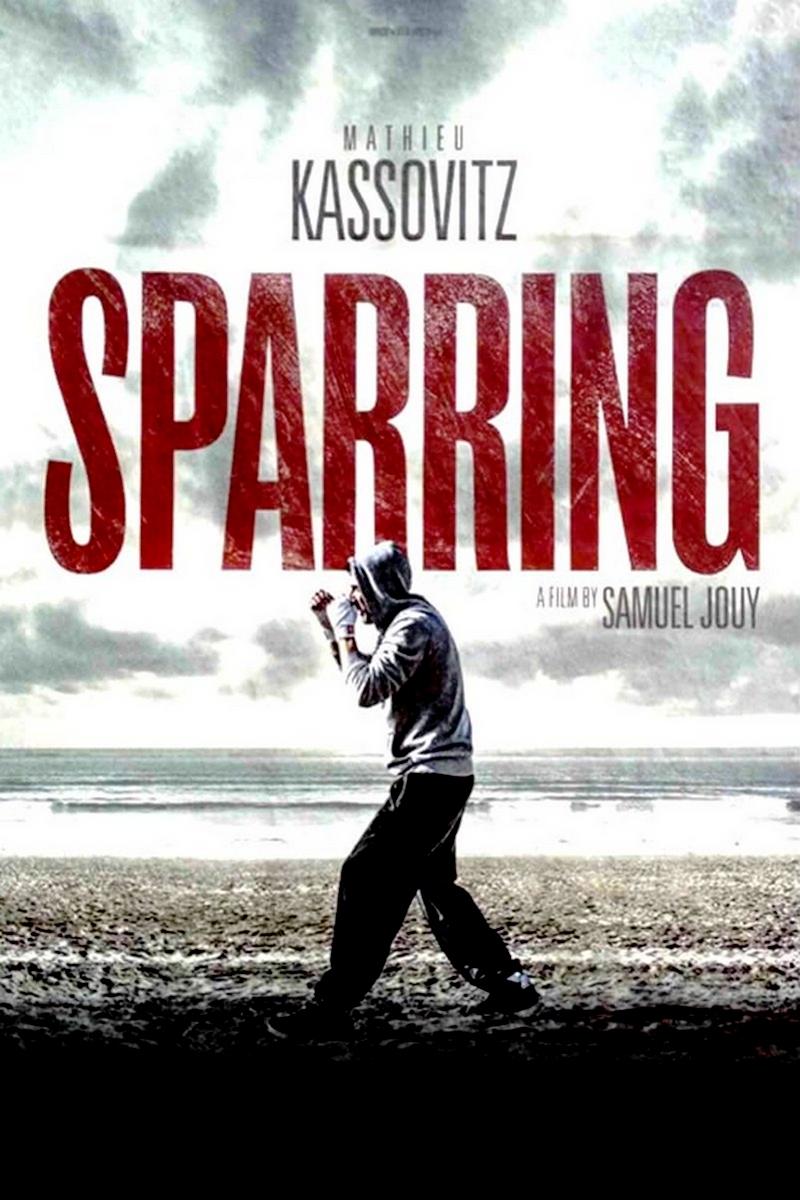 Sparring2017-08-04Steve Landry, an aging boxer with more losses than wins, accepts to become a sparring partner for an emerging champion in a last-ditch attempt to stay relevant.More...
Sparring2017-08-04Steve Landry, an aging boxer with more losses than wins, accepts to become a sparring partner for an emerging champion in a last-ditch attempt to stay relevant.More...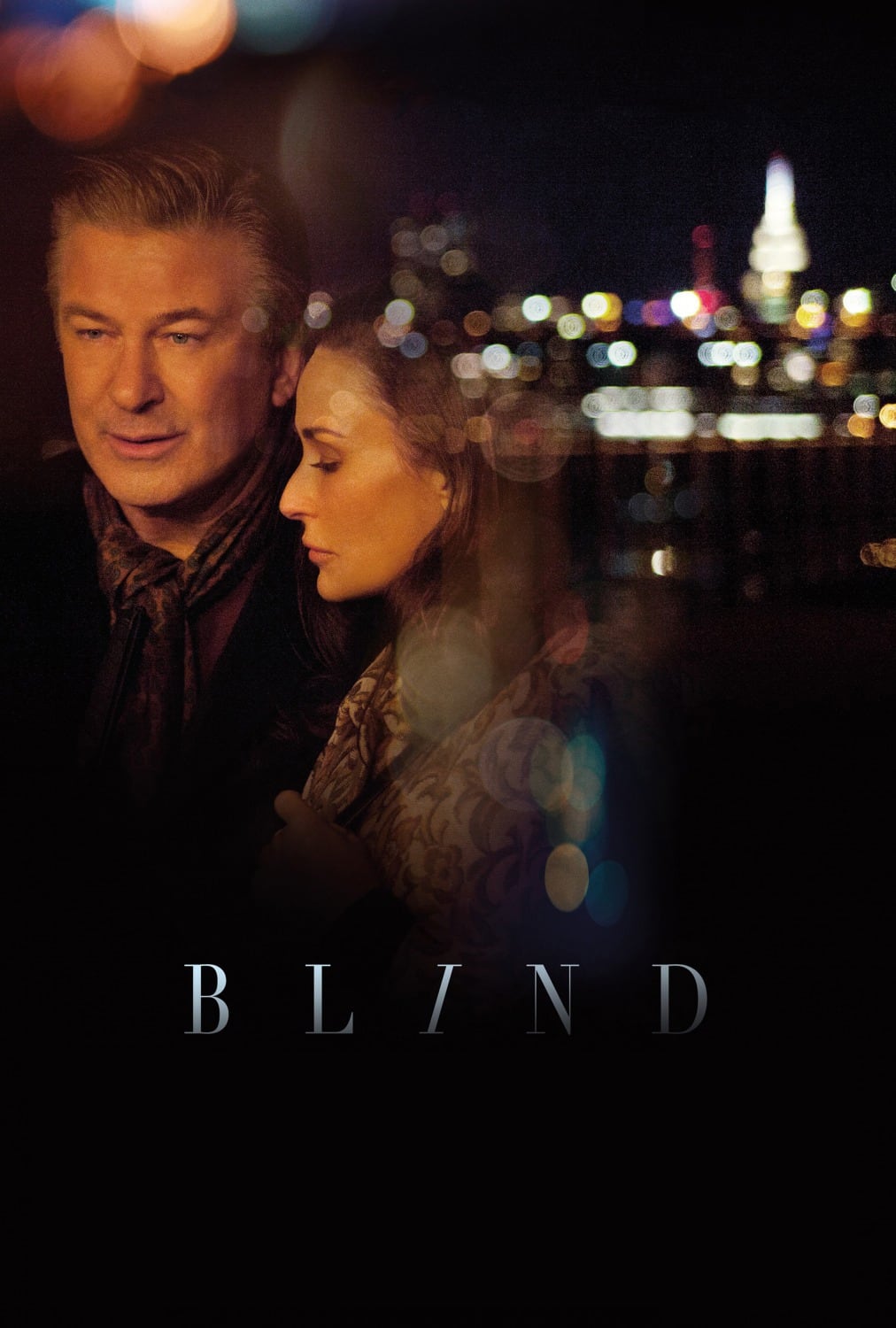 Blind2017-07-14A novelist is blinded in a car crash that killed his wife and several years later rediscovers his passion for life and writing when he embarks on an affair with the neglected wife of an indicted businessman.More...
Blind2017-07-14A novelist is blinded in a car crash that killed his wife and several years later rediscovers his passion for life and writing when he embarks on an affair with the neglected wife of an indicted businessman.More...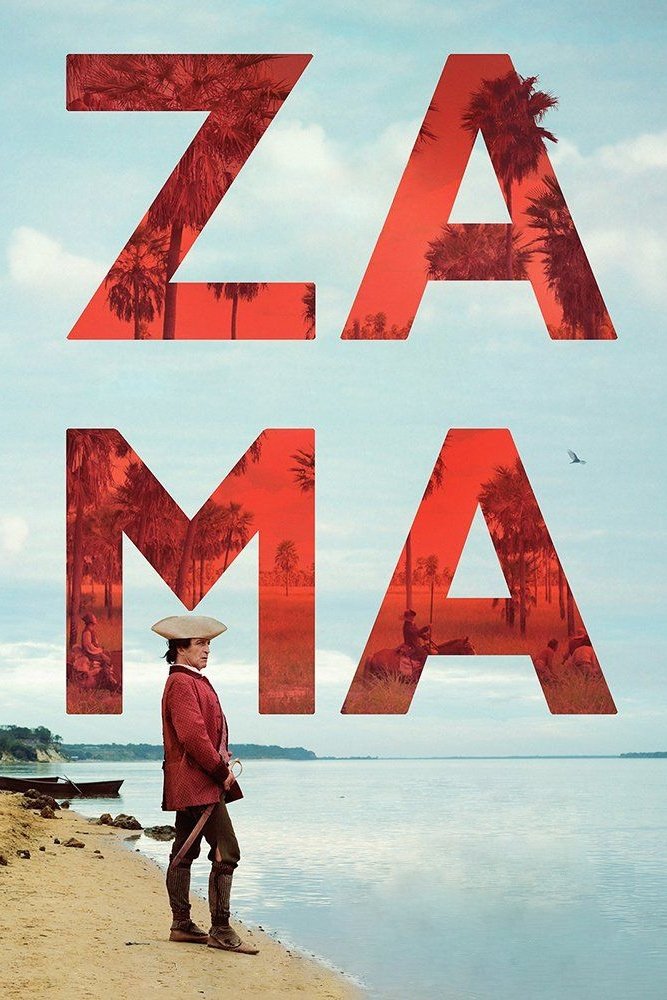 Zama2017-09-28In a remote South American colony in the late 18th century, officer Zama of the Spanish crown waits in vain for a transfer to a more prestigious location. He suffers small humiliations and petty politicking as he increasingly succumbs to lust and paranoia.More...
Zama2017-09-28In a remote South American colony in the late 18th century, officer Zama of the Spanish crown waits in vain for a transfer to a more prestigious location. He suffers small humiliations and petty politicking as he increasingly succumbs to lust and paranoia.More...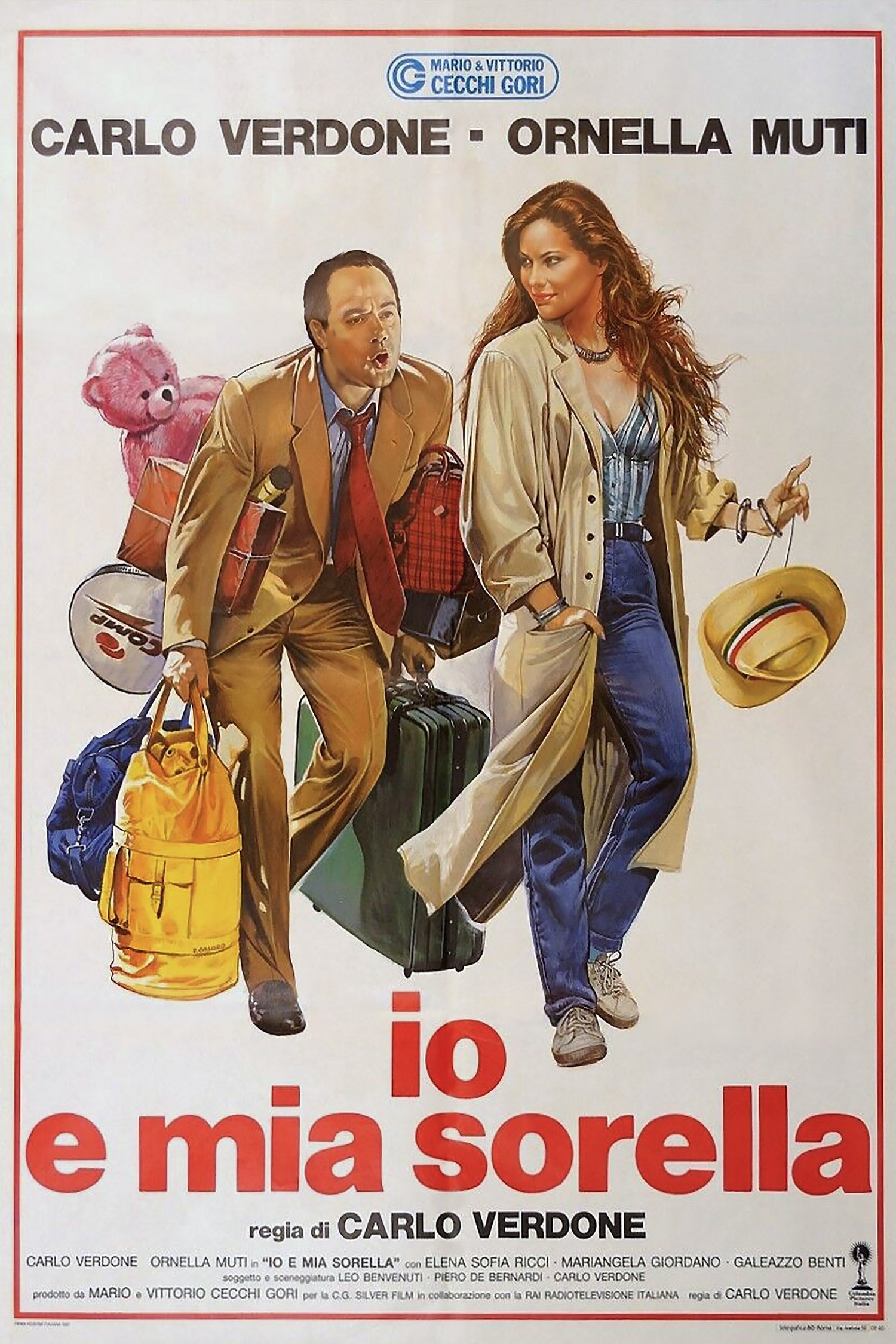 My Sister and I1987-12-19Carlo is a responsible sibling who deals with his black-sheep sister Silvia in this situation comedy. When Silvia returns after many years to attend her mother's funeral, Carlo deals with the fallout caused by her many love affairs. Carlo is convinced to kidnap Silvia's child whom she left in a Hungarian children's home, but she soon abandons Carlo and the baby when she takes up with a British rock star.More...
My Sister and I1987-12-19Carlo is a responsible sibling who deals with his black-sheep sister Silvia in this situation comedy. When Silvia returns after many years to attend her mother's funeral, Carlo deals with the fallout caused by her many love affairs. Carlo is convinced to kidnap Silvia's child whom she left in a Hungarian children's home, but she soon abandons Carlo and the baby when she takes up with a British rock star.More...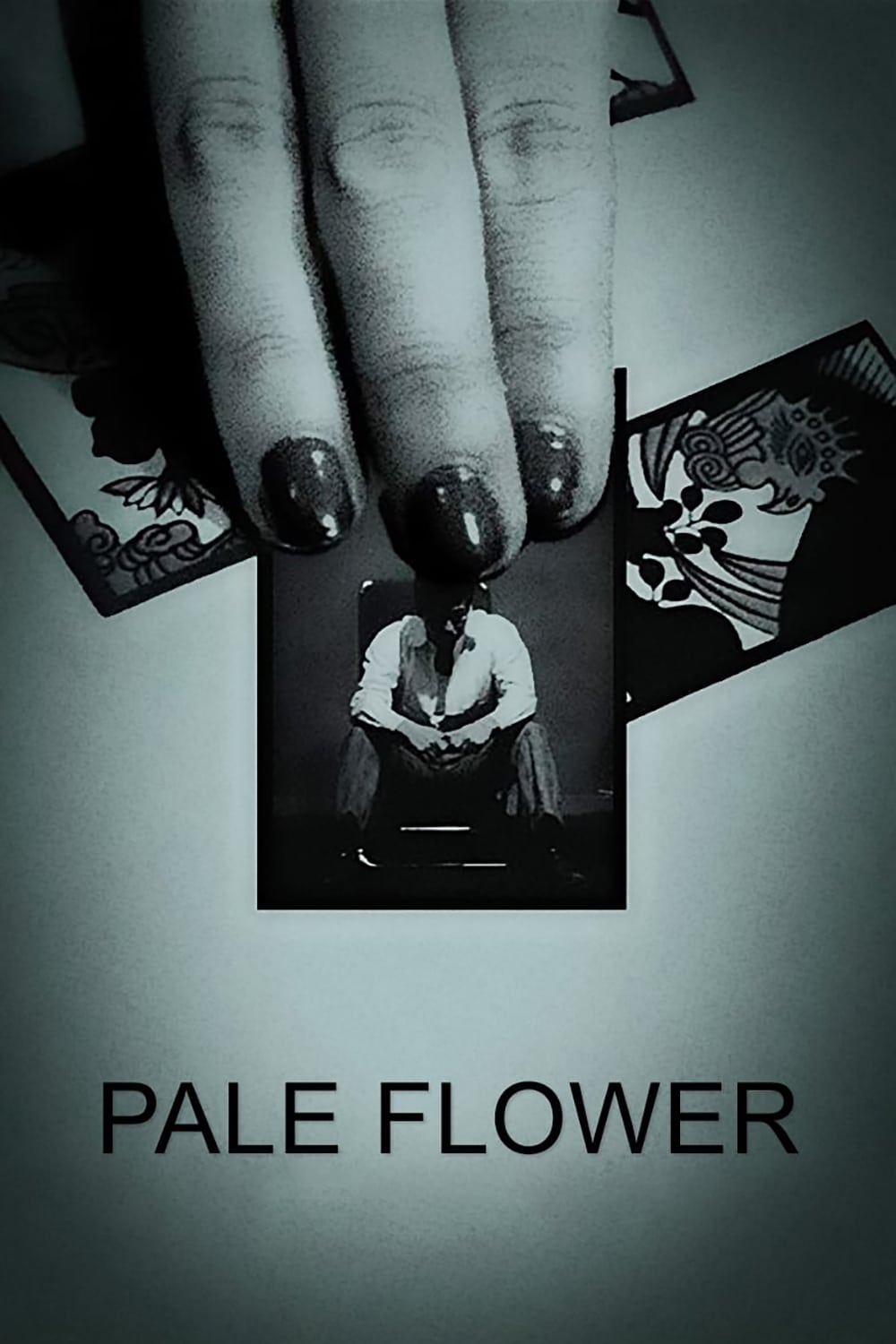 Pale Flower1964-03-01A gangster gets released from prison and has to cope with the recent shifts of power between the gangs, while taking care of a thrill-seeking young woman, who got in bad company while gambling.More...
Pale Flower1964-03-01A gangster gets released from prison and has to cope with the recent shifts of power between the gangs, while taking care of a thrill-seeking young woman, who got in bad company while gambling.More...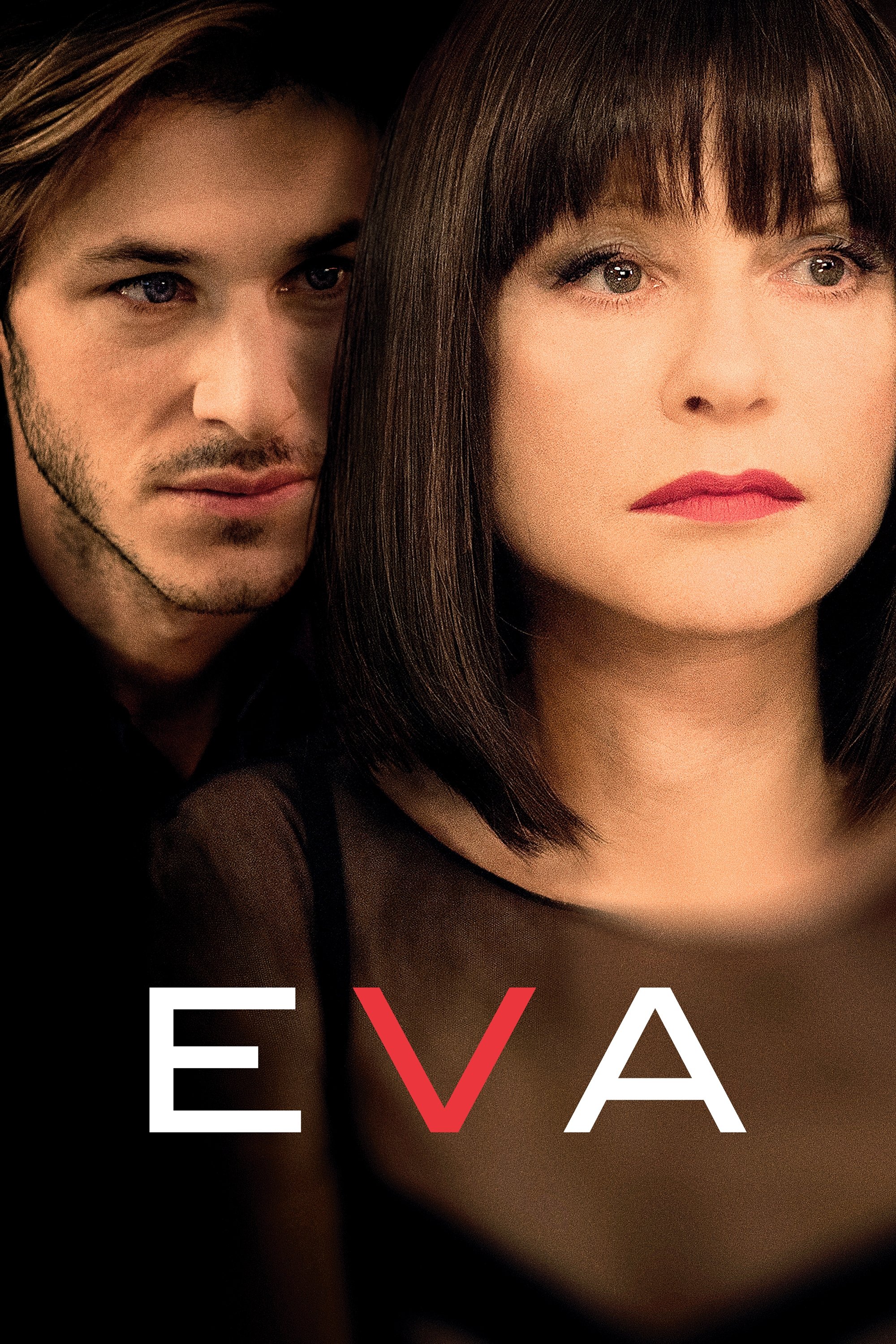 Eva2018-03-07A playwright encounters a mysterious woman when he takes shelter in a chalet during a violent snowstorm and becomes obsessed with her.More...
Eva2018-03-07A playwright encounters a mysterious woman when he takes shelter in a chalet during a violent snowstorm and becomes obsessed with her.More...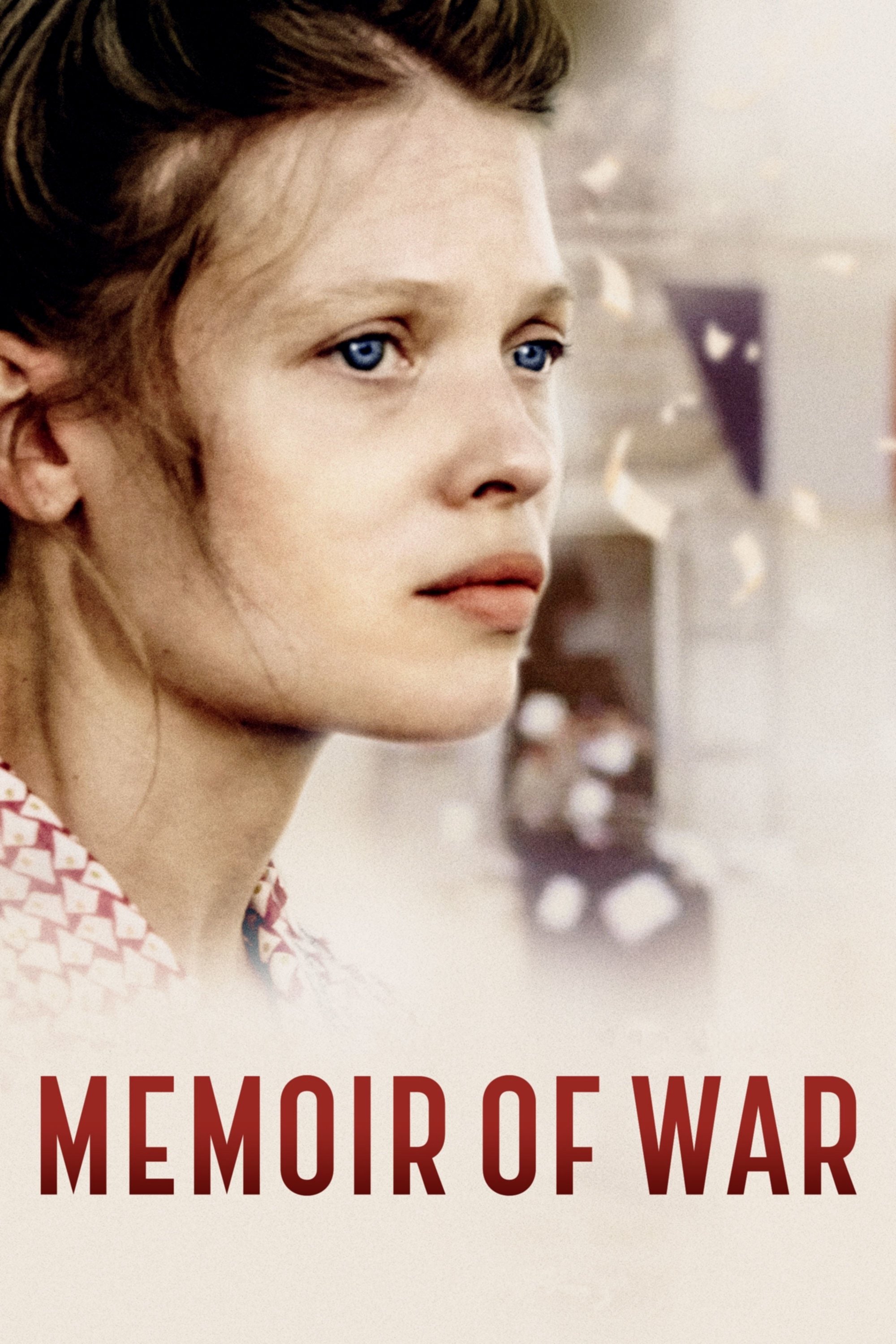 Memoir of War2017-08-17In the last days of the Nazi-occupied France, writer Marguerite Duras awaits the return of her husband, Robert Antelme, arrested for being a Resistance fighter and then deported, while she maintains a tense relationship with her ambiguous lover and a dangerous game with a French collaborationist. Even when the Liberation arrives, she must still endure the unbearable pain of waiting.More...
Memoir of War2017-08-17In the last days of the Nazi-occupied France, writer Marguerite Duras awaits the return of her husband, Robert Antelme, arrested for being a Resistance fighter and then deported, while she maintains a tense relationship with her ambiguous lover and a dangerous game with a French collaborationist. Even when the Liberation arrives, she must still endure the unbearable pain of waiting.More...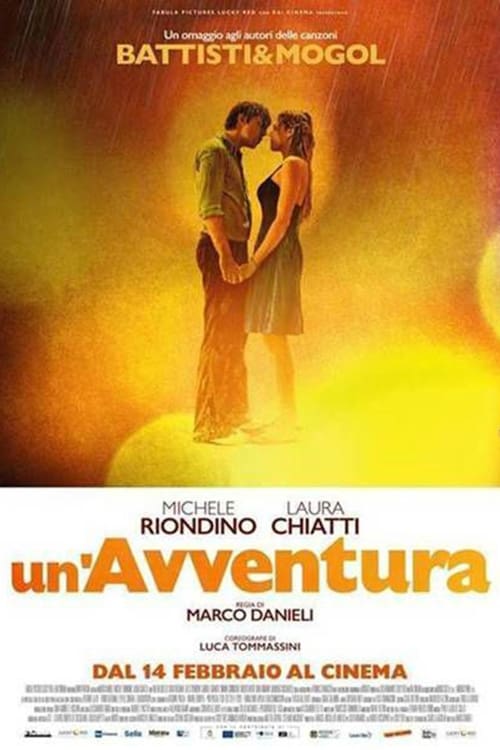 Forever You2019-02-14There is no descriptionMore...
Forever You2019-02-14There is no descriptionMore...
Similar Movies
Lord of the Ants
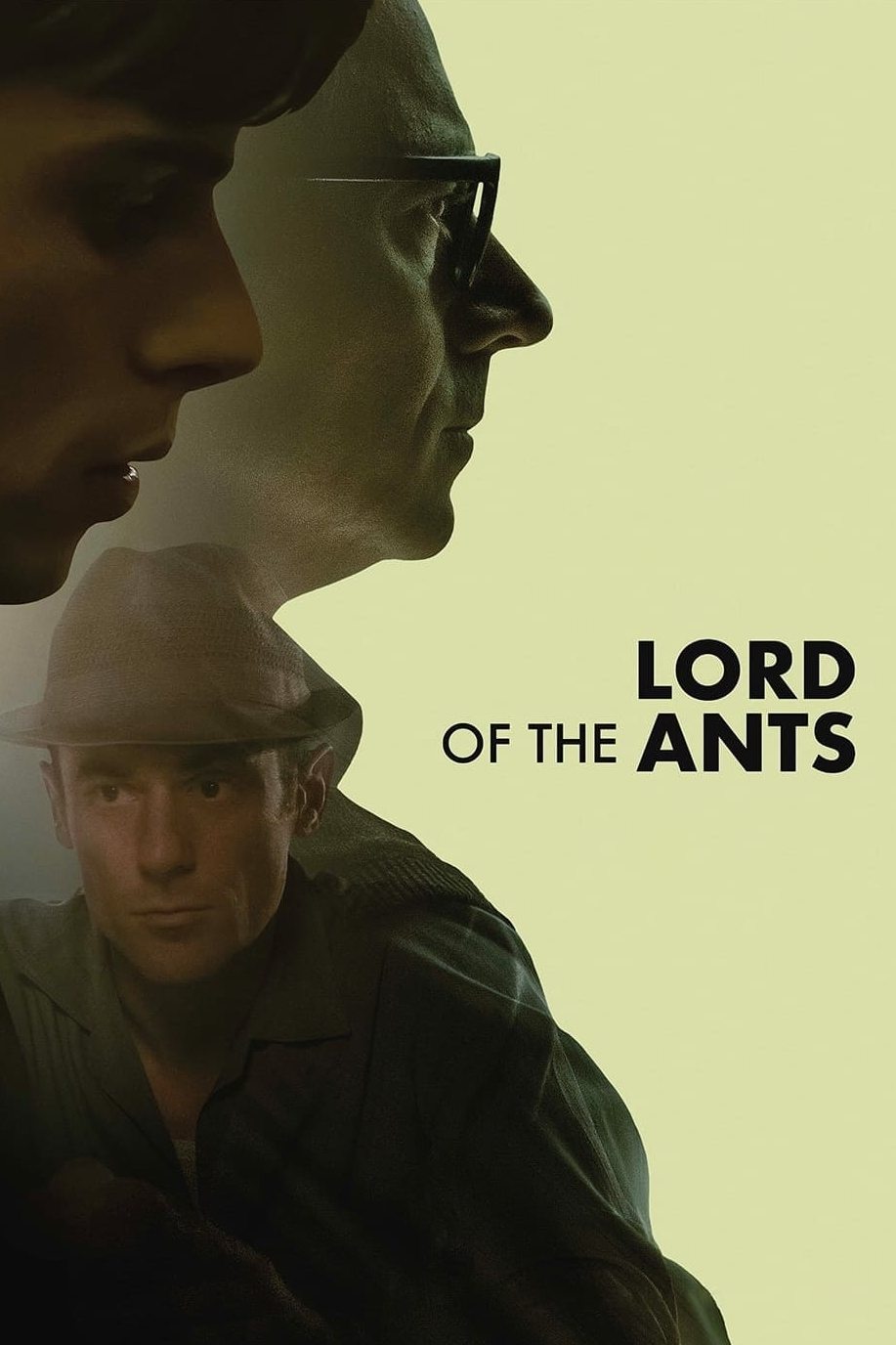 2022-09-08Based on true events of the late 60s in Italy, poet, playwright and myrmecologist Aldo Braibanti is prosecuted and sentenced to prison for the love he shares with his barely-of-age pupil and friend, Ettore. Amidst a chorus of voices of accusers, supporters and a largely hypocritical public, a single committed journalist takes on the task of piecing together the truth, between secrecy and desire, facing suspicion and censorship in the process.
2022-09-08Based on true events of the late 60s in Italy, poet, playwright and myrmecologist Aldo Braibanti is prosecuted and sentenced to prison for the love he shares with his barely-of-age pupil and friend, Ettore. Amidst a chorus of voices of accusers, supporters and a largely hypocritical public, a single committed journalist takes on the task of piecing together the truth, between secrecy and desire, facing suspicion and censorship in the process.Madeline
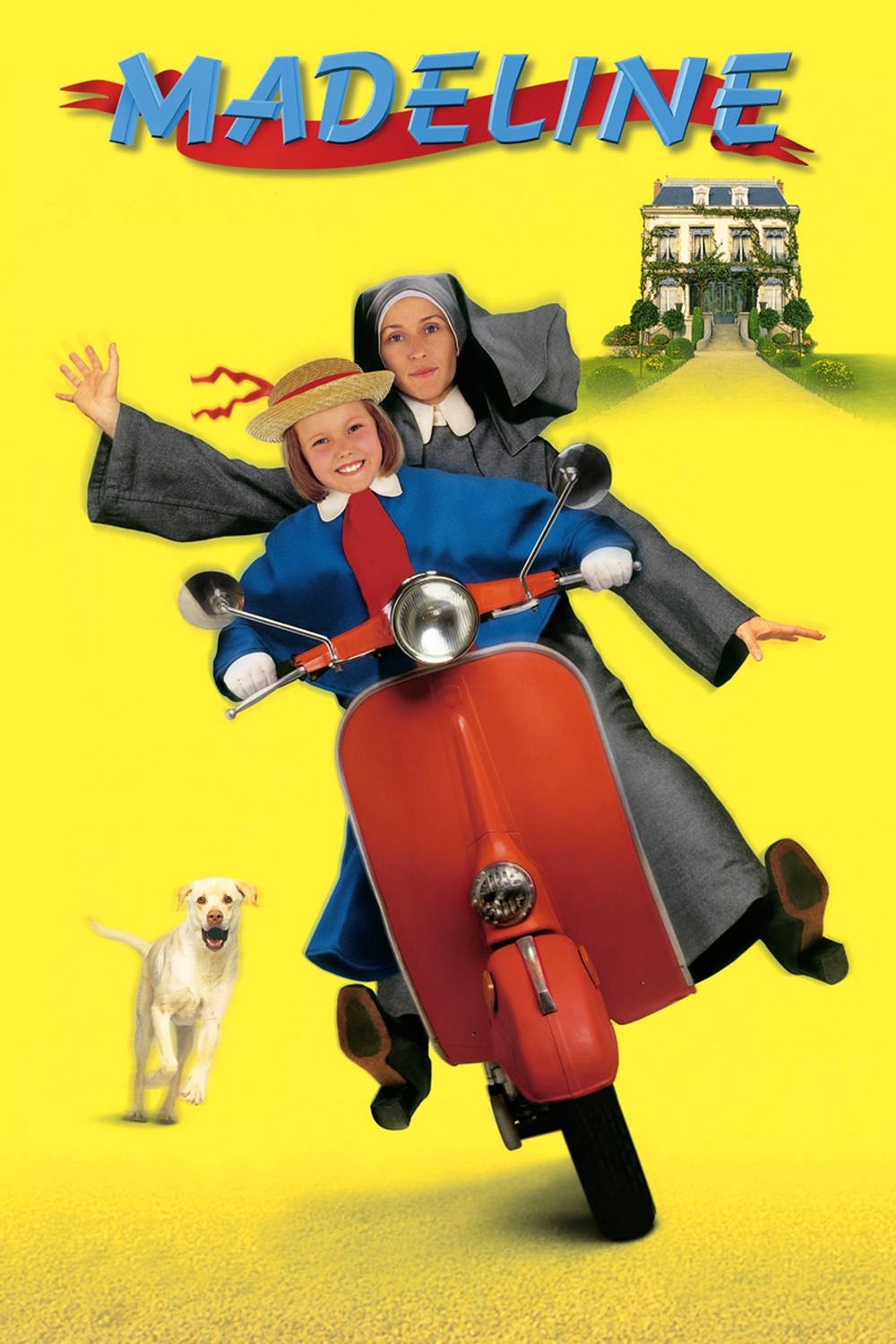 1998-07-10Horrified at the prospect of her beloved school being sold, a young French girl named Madeline uses her wit and craftiness to attempt to save it, making an unlikely new friend in the process.
1998-07-10Horrified at the prospect of her beloved school being sold, a young French girl named Madeline uses her wit and craftiness to attempt to save it, making an unlikely new friend in the process.Letters to God
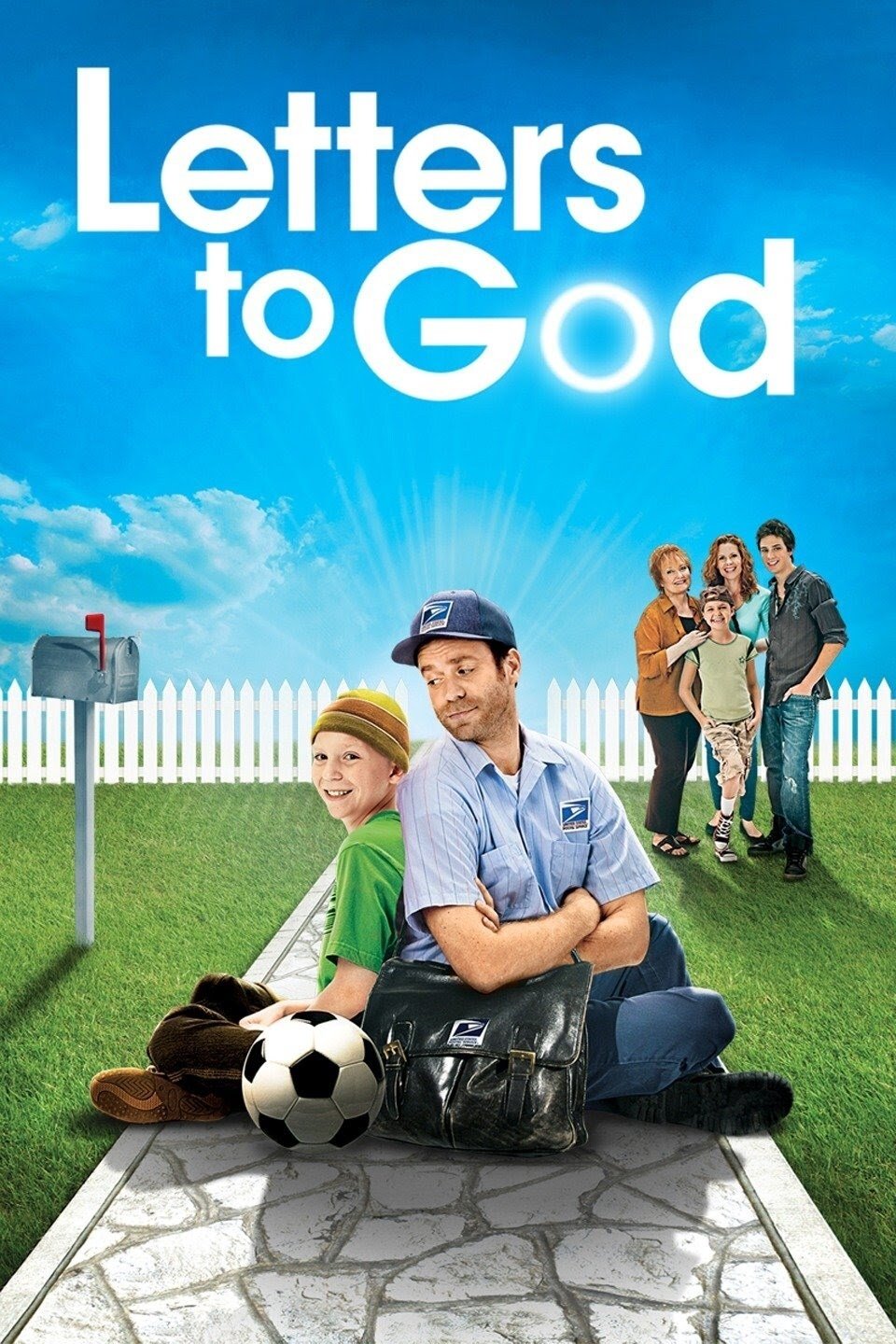 2010-04-09A young boy fighting cancer writes letters to God, touching lives in his neighborhood and inspiring hope among everyone he comes in contact. An unsuspecting substitute postman, with a troubled life of his own, becomes entangled in the boy's journey and his family by reading the letters. They inspire him to seek a better life for himself and his own son he's lost through his alcohol addiction.
2010-04-09A young boy fighting cancer writes letters to God, touching lives in his neighborhood and inspiring hope among everyone he comes in contact. An unsuspecting substitute postman, with a troubled life of his own, becomes entangled in the boy's journey and his family by reading the letters. They inspire him to seek a better life for himself and his own son he's lost through his alcohol addiction.Belleville Story
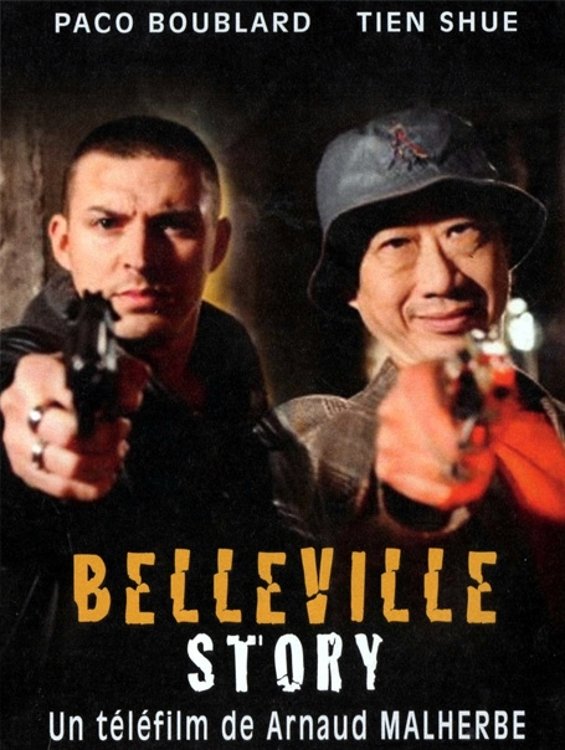 2010-03-26Freddie is starting as a thug for Jazdec the Polish, a pimp and concealer of illicit goods. Freddy's love for Larna, whom he dreams to snatch from prostitution, drive them into jeopardy under the clutches of a Chinese Godfather. To see Larna alive, Freddie must kill the so-called Mr. Zhu, a strange Chinese Zorro who just arrived in Paris to retrieve a young runaway fellow countrywoman.
2010-03-26Freddie is starting as a thug for Jazdec the Polish, a pimp and concealer of illicit goods. Freddy's love for Larna, whom he dreams to snatch from prostitution, drive them into jeopardy under the clutches of a Chinese Godfather. To see Larna alive, Freddie must kill the so-called Mr. Zhu, a strange Chinese Zorro who just arrived in Paris to retrieve a young runaway fellow countrywoman.Nana 2
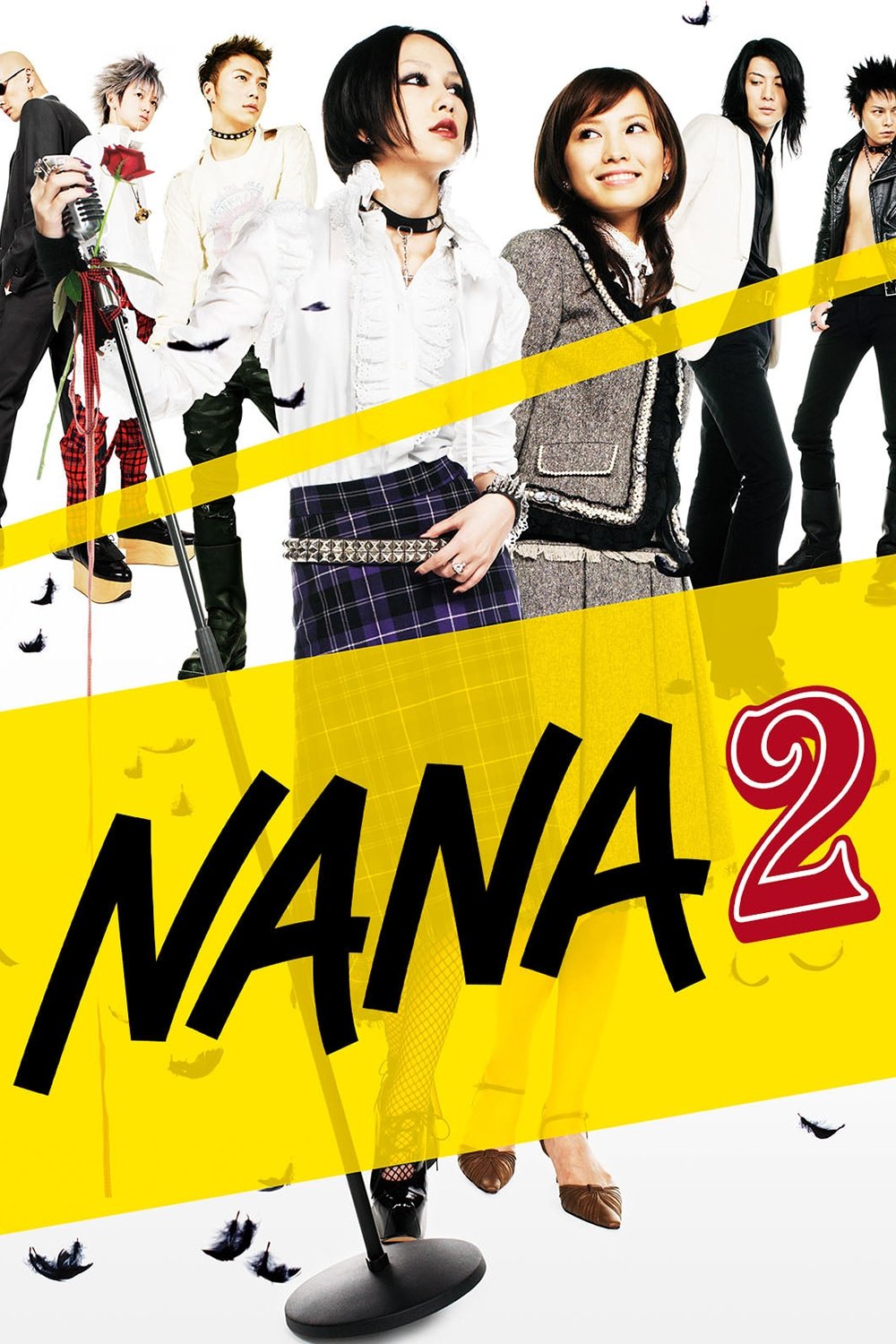 2006-12-09Two girls with the same name but very different personalities share an apartment in this sequel to Nana. The rising fame of Nana Osaki's band, the Black Stones, is beginning to take a toll on the best friends' relationship. Meanwhile, Nana Komatsu struggles to make sense of her love triangle with Black Stones' guitarist Nobu and rival group Trapnest's bassist Takumi.
2006-12-09Two girls with the same name but very different personalities share an apartment in this sequel to Nana. The rising fame of Nana Osaki's band, the Black Stones, is beginning to take a toll on the best friends' relationship. Meanwhile, Nana Komatsu struggles to make sense of her love triangle with Black Stones' guitarist Nobu and rival group Trapnest's bassist Takumi.Charulata
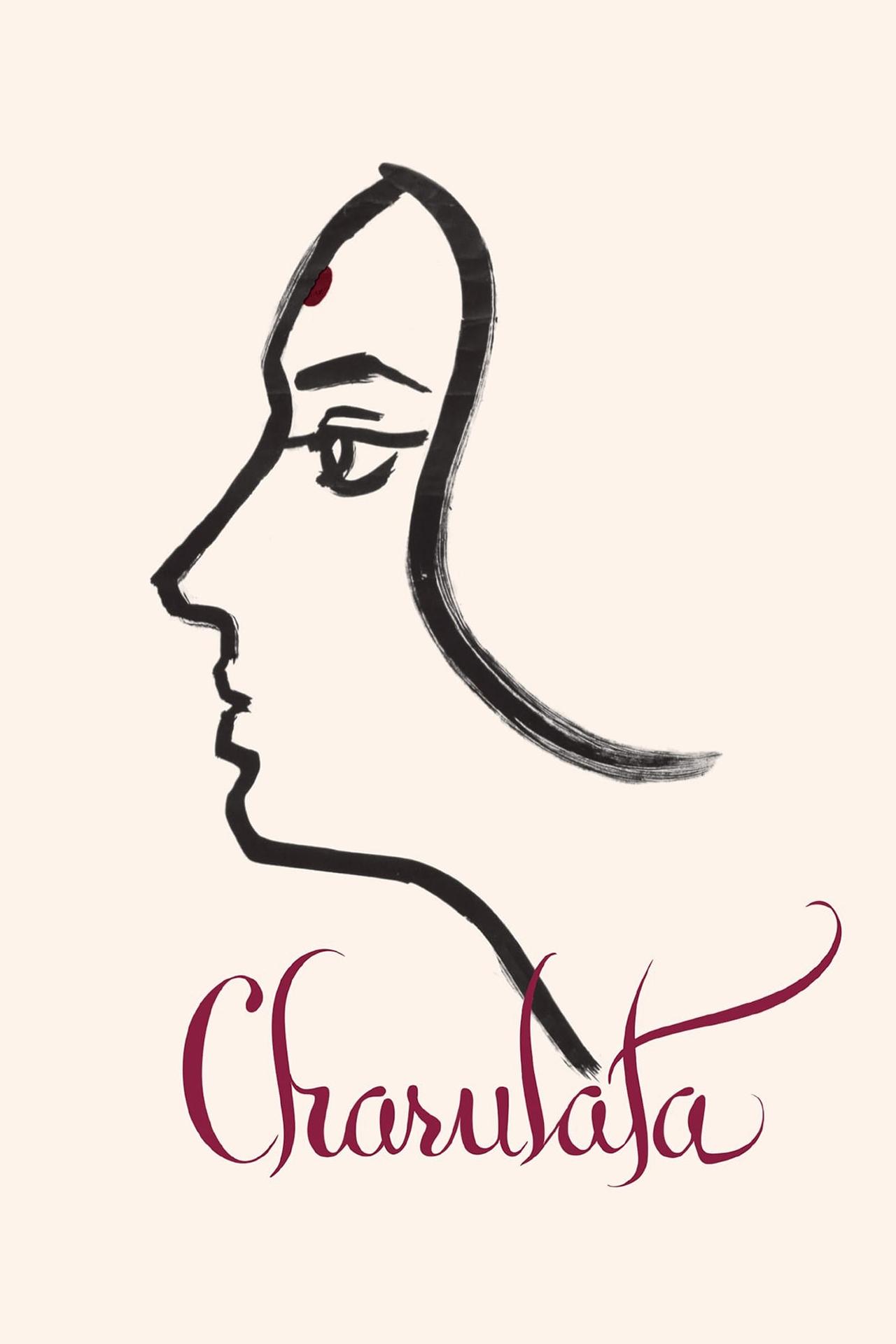 1964-04-17In 1870s India, Charulata is an isolated, artistically inclined woman who sees little of her busy journalist husband, Bhupati. Realizing that his wife is alienated and unhappy, he convinces his cousin, Amal, to spend time with Charulata and nourish her creative impulses. Amal is a fledgling poet himself, and he and Charulata bond over their shared love of art.
1964-04-17In 1870s India, Charulata is an isolated, artistically inclined woman who sees little of her busy journalist husband, Bhupati. Realizing that his wife is alienated and unhappy, he convinces his cousin, Amal, to spend time with Charulata and nourish her creative impulses. Amal is a fledgling poet himself, and he and Charulata bond over their shared love of art.Rich and Strange
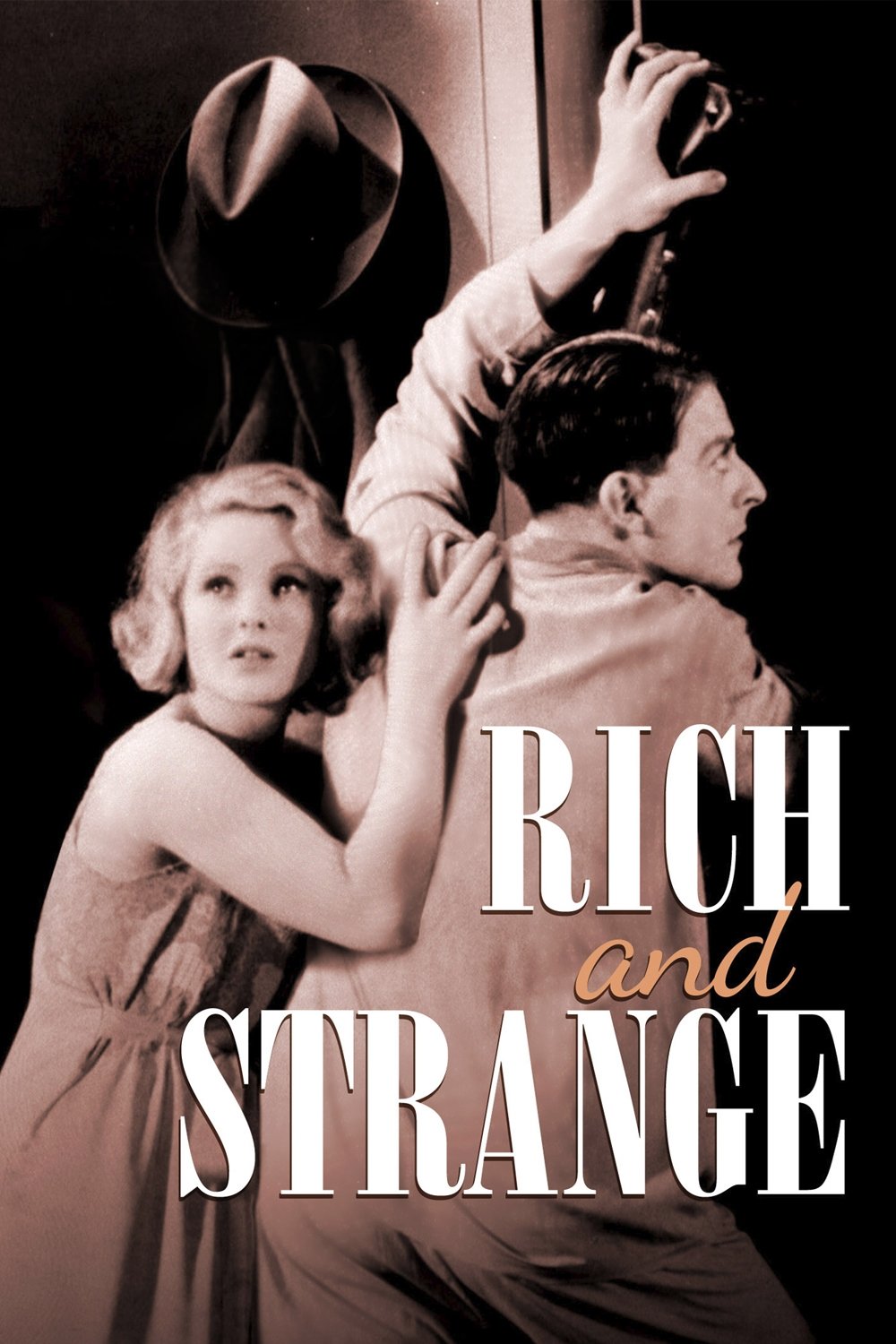 1931-12-10Believing that an unexpected inheritance will bring them happiness, a married couple instead finds their relationship strained to the breaking point.
1931-12-10Believing that an unexpected inheritance will bring them happiness, a married couple instead finds their relationship strained to the breaking point.Easy Virtue
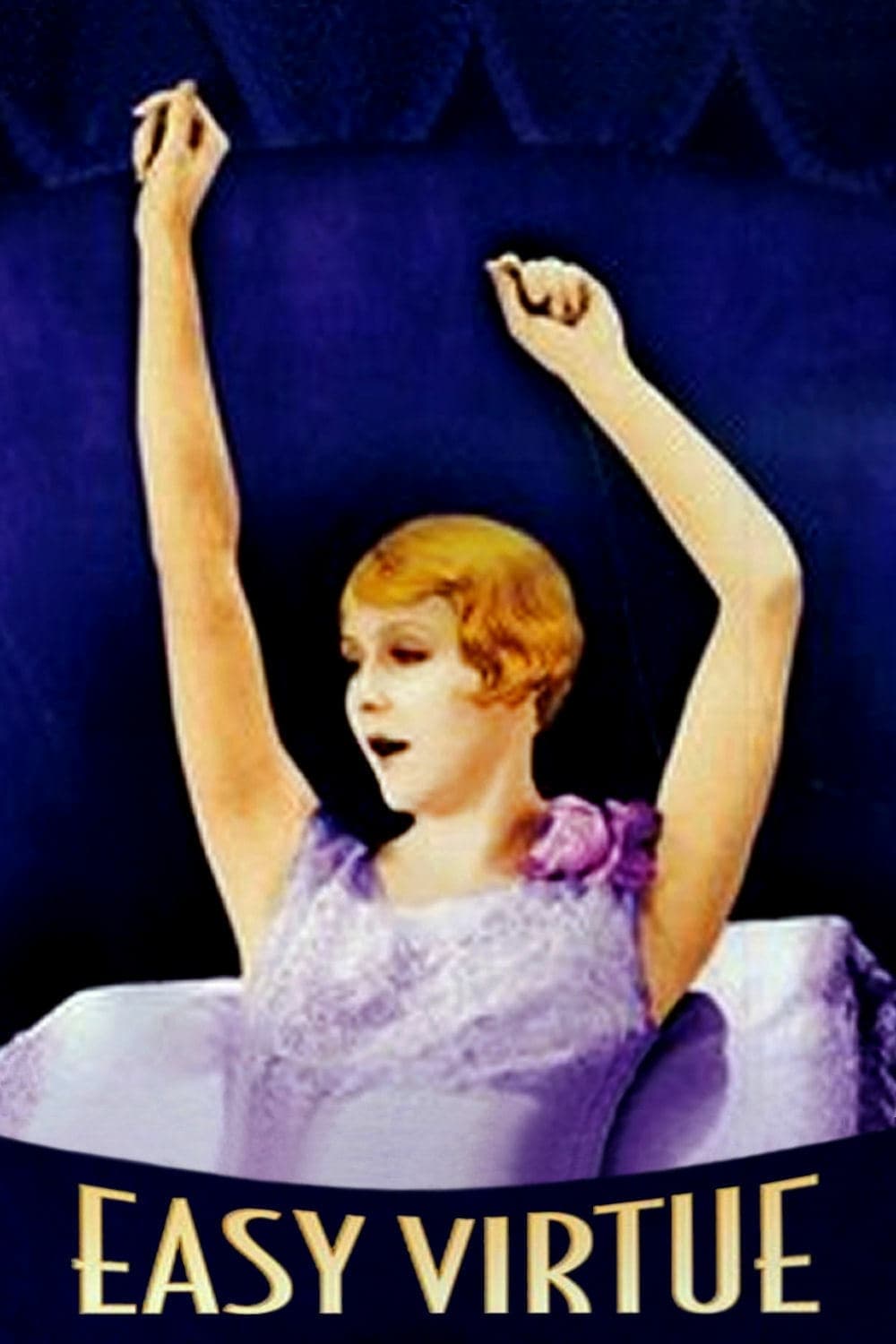 1928-04-01Larita Filton is named as correspondent in a scandalous divorce case. She escapes to France to rebuild her life where she meets John Whittaker. They are later married, but John's well-to-do family finds out Larita's secret.
1928-04-01Larita Filton is named as correspondent in a scandalous divorce case. She escapes to France to rebuild her life where she meets John Whittaker. They are later married, but John's well-to-do family finds out Larita's secret.Crying Out Love in th...
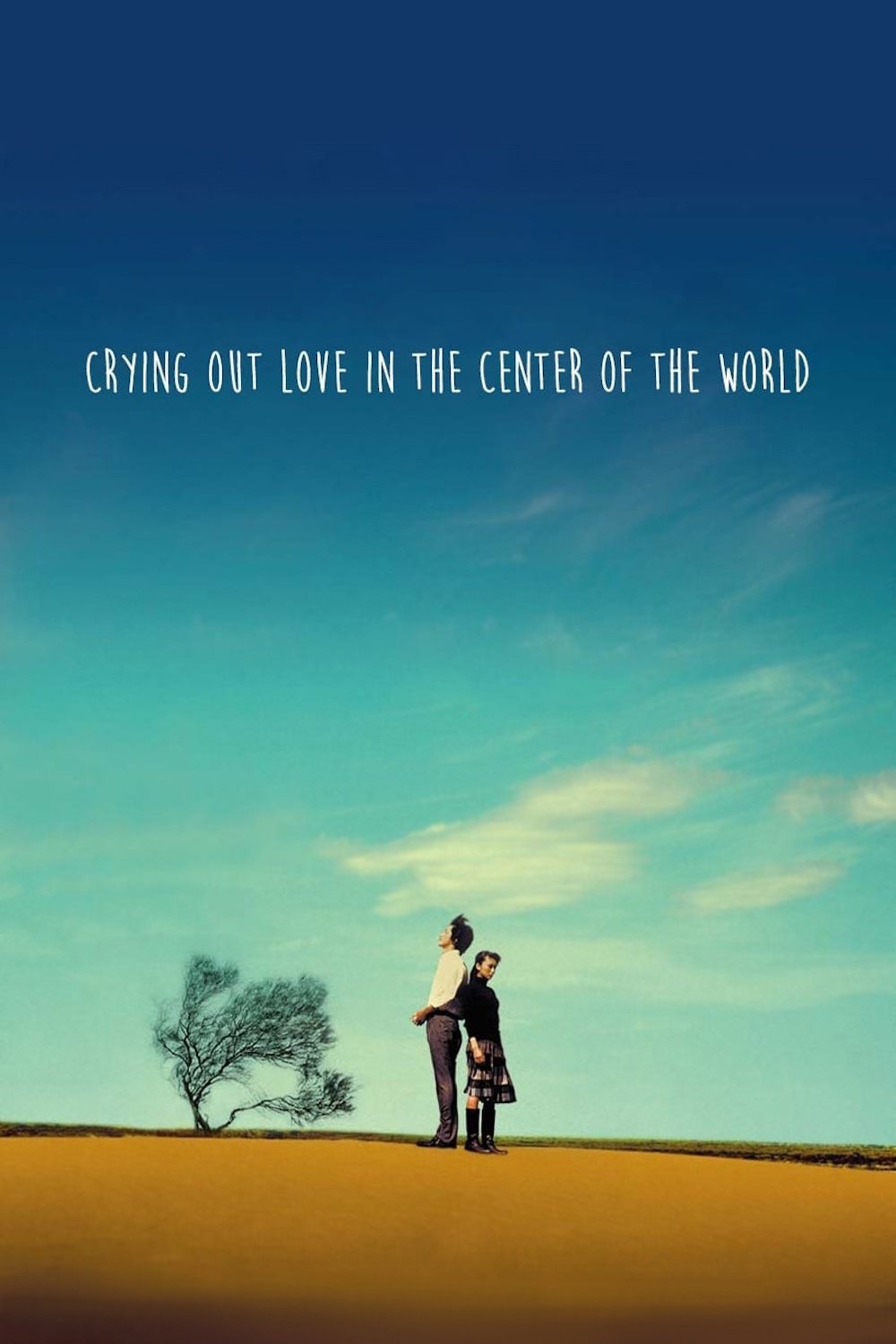 2004-05-08While searching for his fiancee Ritsuko, Sakutarou rediscovers through flashbacks the void deep within him caused by the events from his high school days.
2004-05-08While searching for his fiancee Ritsuko, Sakutarou rediscovers through flashbacks the void deep within him caused by the events from his high school days.Stanley & Iris
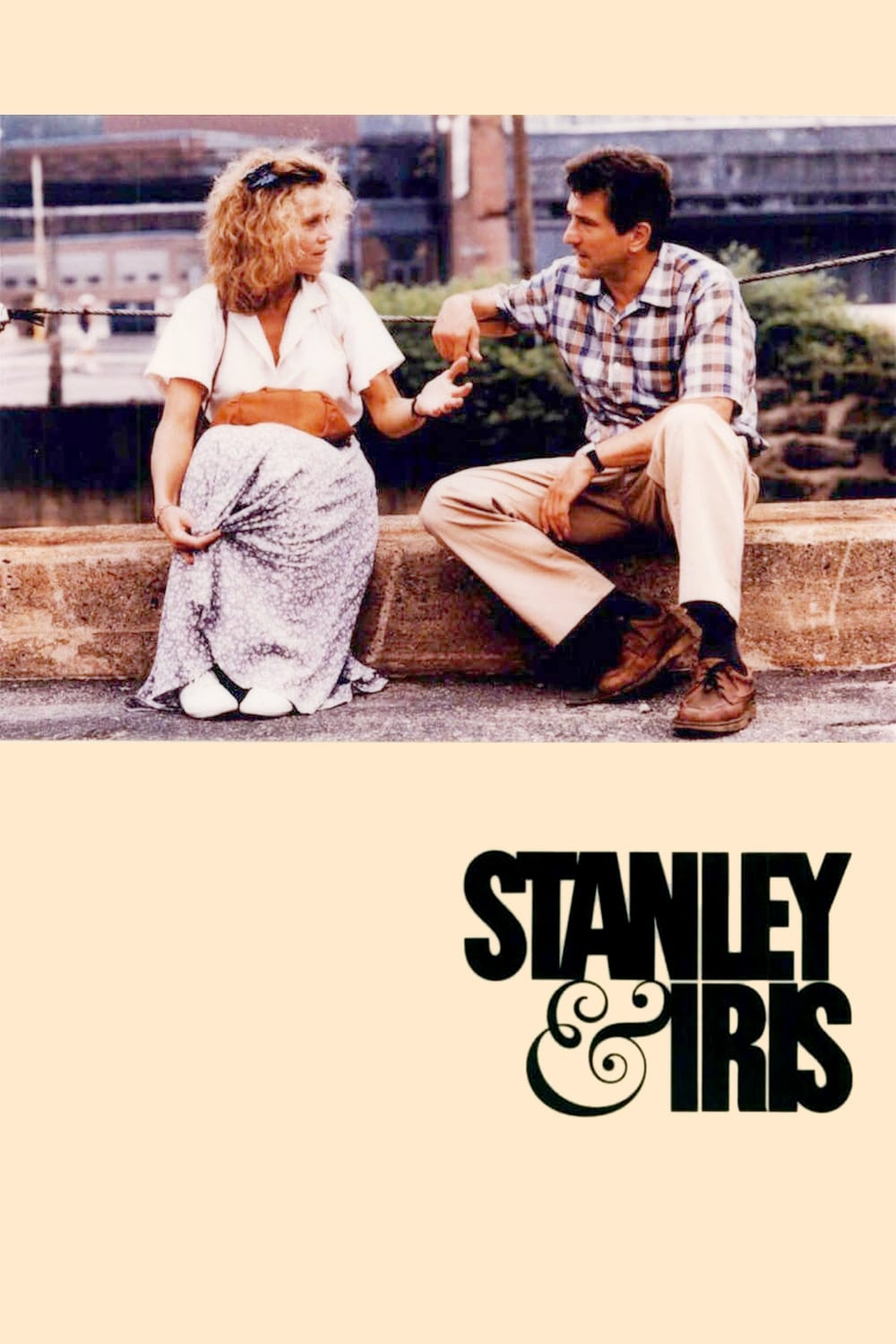 1990-02-09An illiterate cook at a company cafeteria tries for the attention of a newly widowed woman. As they get to know one another, she discovers his inability to read. When he is fired, she takes on trying to teach him to read in her kitchen each night.
1990-02-09An illiterate cook at a company cafeteria tries for the attention of a newly widowed woman. As they get to know one another, she discovers his inability to read. When he is fired, she takes on trying to teach him to read in her kitchen each night.The Swindle
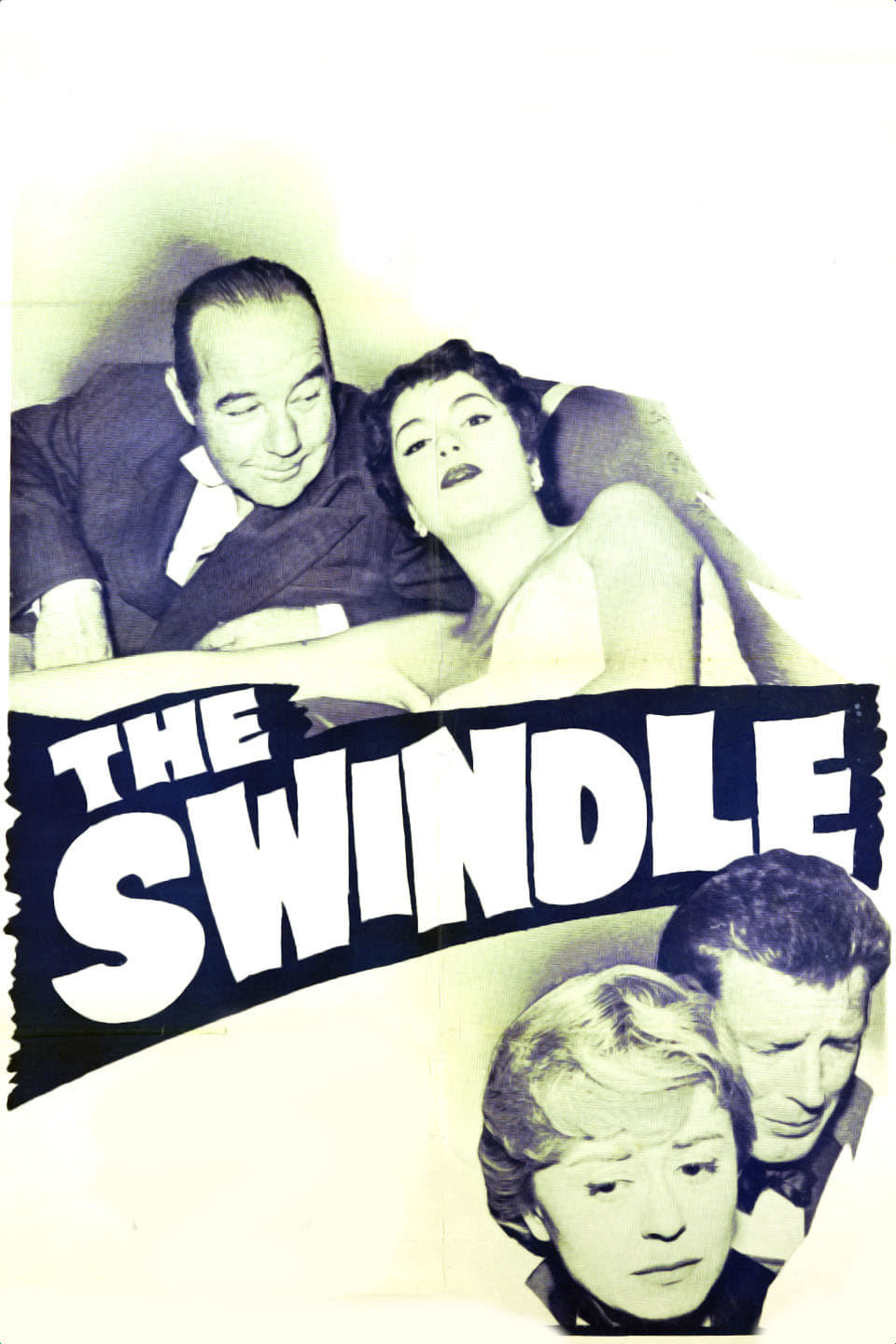 1955-10-07Aging small-time conman Augusto works with two younger men: Roberto, who desires to become the Italian Johnny Ray, and Carlo, nicknamed Picasso. Through a series of mishaps and personal entanglements, things go badly for Augusto.
1955-10-07Aging small-time conman Augusto works with two younger men: Roberto, who desires to become the Italian Johnny Ray, and Carlo, nicknamed Picasso. Through a series of mishaps and personal entanglements, things go badly for Augusto.Love Forever
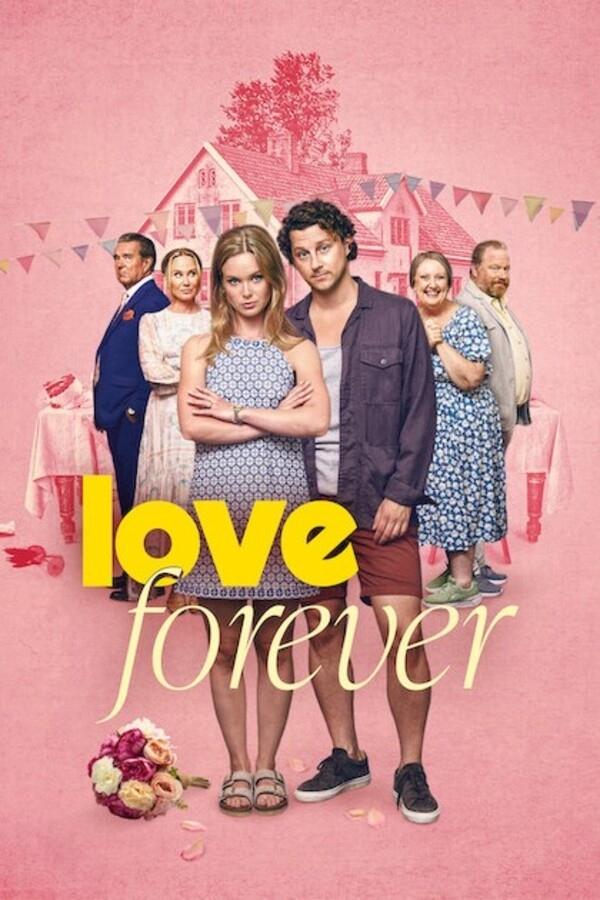 2025-02-13A Stockholm couple plans to get married on the gorgeous island of Gotland, where family-imposed traditions turn their most important day into a disaster.
2025-02-13A Stockholm couple plans to get married on the gorgeous island of Gotland, where family-imposed traditions turn their most important day into a disaster.Me Before You
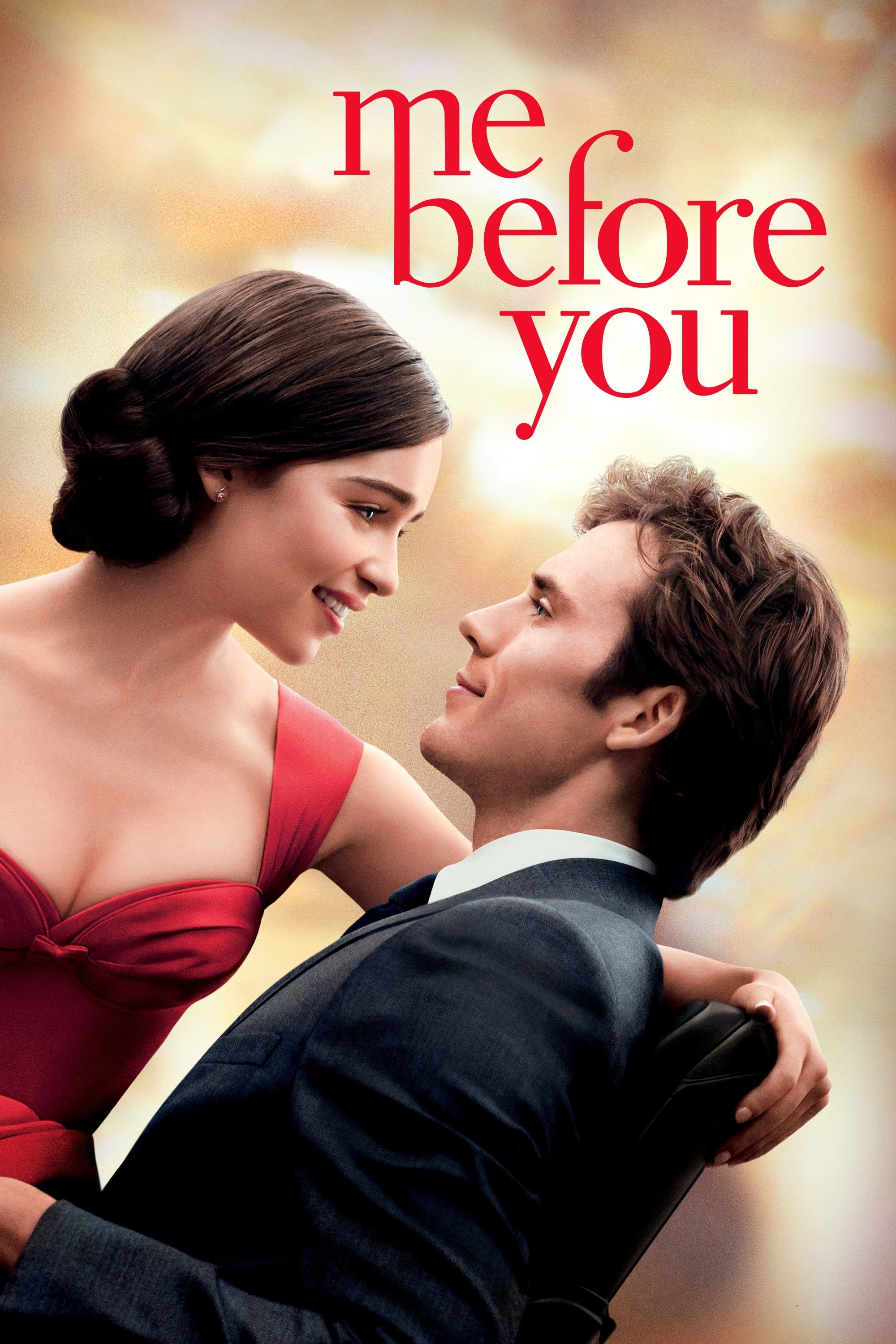 2016-06-01A small town girl is caught between dead-end jobs. A high-profile, successful man becomes wheelchair bound following an accident. The man decides his life is not worth living until the girl is hired for six months to be his new caretaker. Worlds apart and trapped together by circumstance, the two get off to a rocky start. But the girl becomes determined to prove to the man that life is worth living and as they embark on a series of adventures together, each finds their world changing in ways neither of them could begin to imagine.
2016-06-01A small town girl is caught between dead-end jobs. A high-profile, successful man becomes wheelchair bound following an accident. The man decides his life is not worth living until the girl is hired for six months to be his new caretaker. Worlds apart and trapped together by circumstance, the two get off to a rocky start. But the girl becomes determined to prove to the man that life is worth living and as they embark on a series of adventures together, each finds their world changing in ways neither of them could begin to imagine.Bridge of Spies
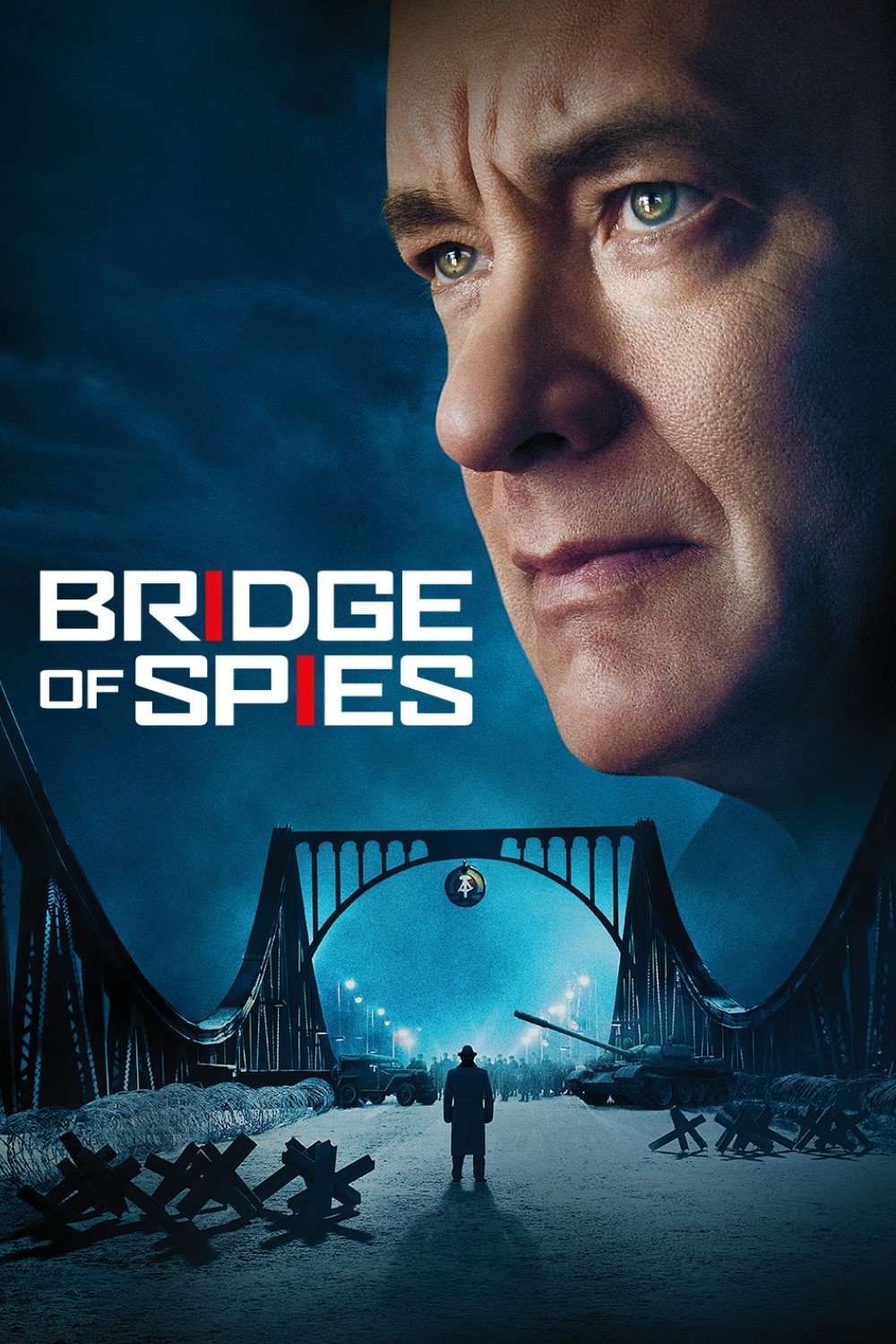 2015-10-15During the Cold War, the Soviet Union captures U.S. pilot Francis Gary Powers after shooting down his U-2 spy plane. Sentenced to 10 years in prison, Powers' only hope is New York lawyer James Donovan, recruited by a CIA operative to negotiate his release. Donovan boards a plane to Berlin, hoping to win the young man's freedom through a prisoner exchange. If all goes well, the Russians would get Rudolf Abel, the convicted spy who Donovan defended in court.
2015-10-15During the Cold War, the Soviet Union captures U.S. pilot Francis Gary Powers after shooting down his U-2 spy plane. Sentenced to 10 years in prison, Powers' only hope is New York lawyer James Donovan, recruited by a CIA operative to negotiate his release. Donovan boards a plane to Berlin, hoping to win the young man's freedom through a prisoner exchange. If all goes well, the Russians would get Rudolf Abel, the convicted spy who Donovan defended in court.Son-of-a Preacher Man...
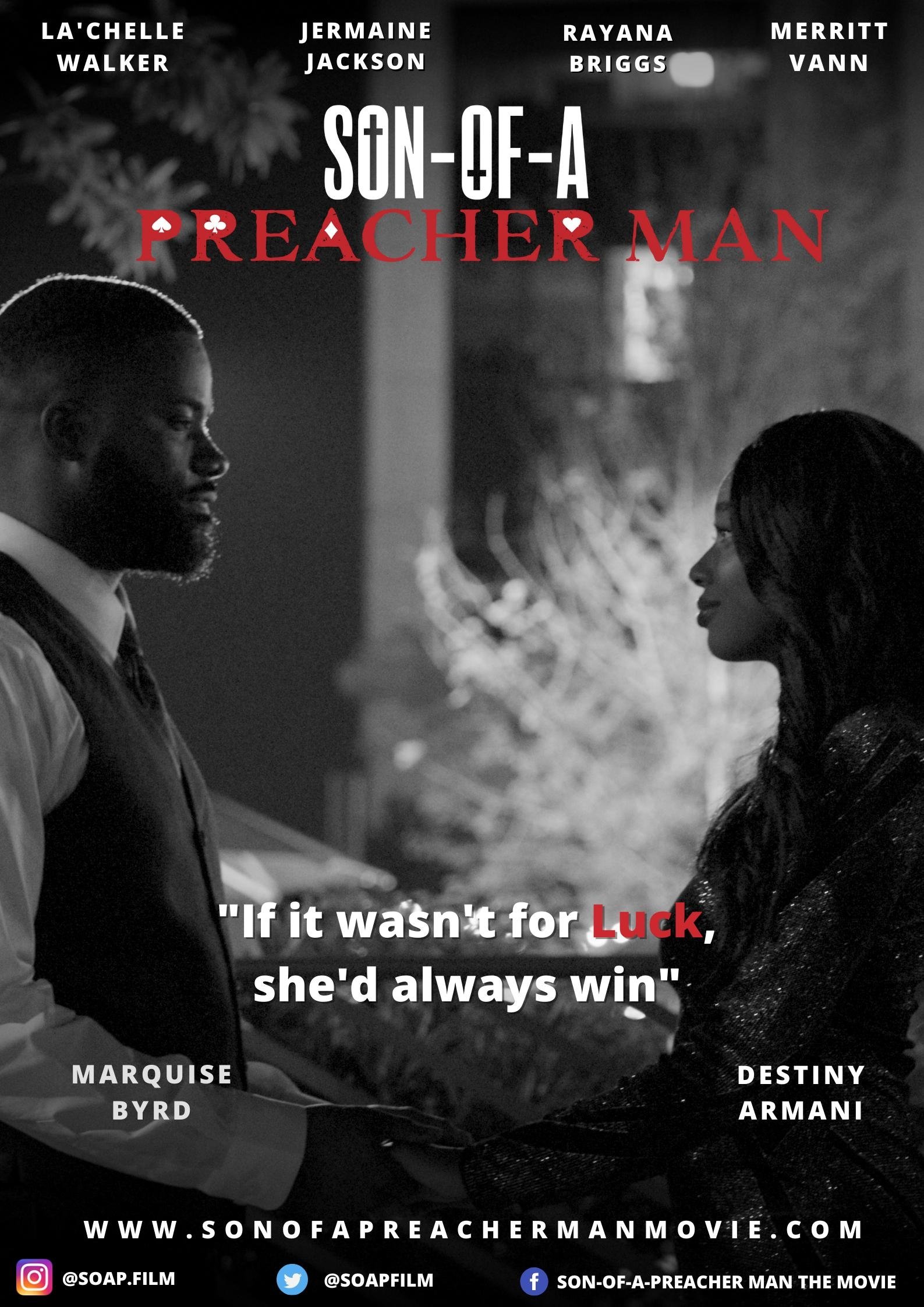 2022-02-22A promising young executive unintentionally falls in love with a young gambler who ultimately ruins her career, and finds himself looking for redemption.
2022-02-22A promising young executive unintentionally falls in love with a young gambler who ultimately ruins her career, and finds himself looking for redemption.Perfect Darkness
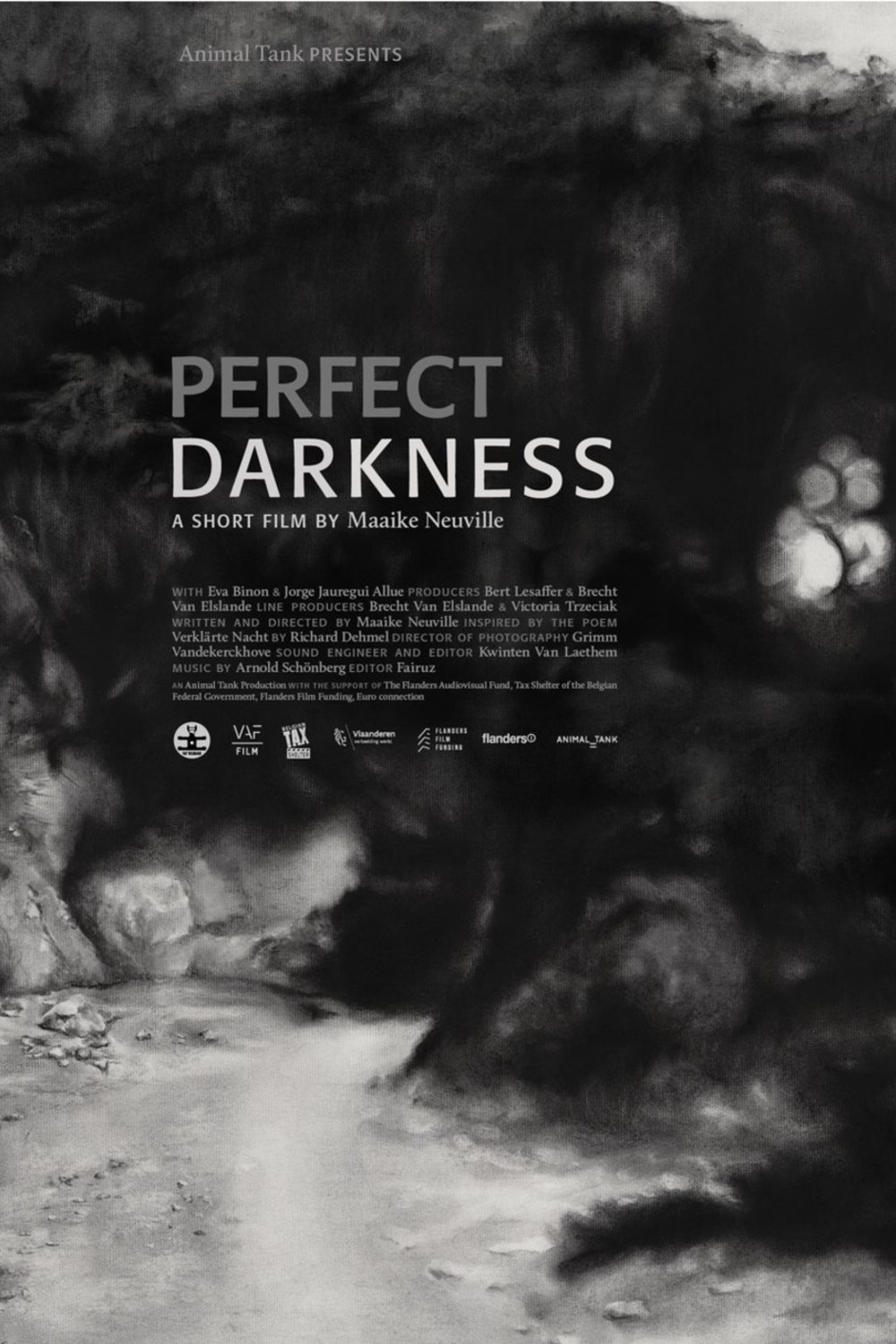 2016-12-03Gus and his pregnant girlfriend Anna are on holiday. During their nightly walk to a spot near the water, Anna makes a confession. Can the couple, amidst the wildness of nature and under a full moon, overcome the conflict? Will they reach their idyllic spot?
2016-12-03Gus and his pregnant girlfriend Anna are on holiday. During their nightly walk to a spot near the water, Anna makes a confession. Can the couple, amidst the wildness of nature and under a full moon, overcome the conflict? Will they reach their idyllic spot?The Accident
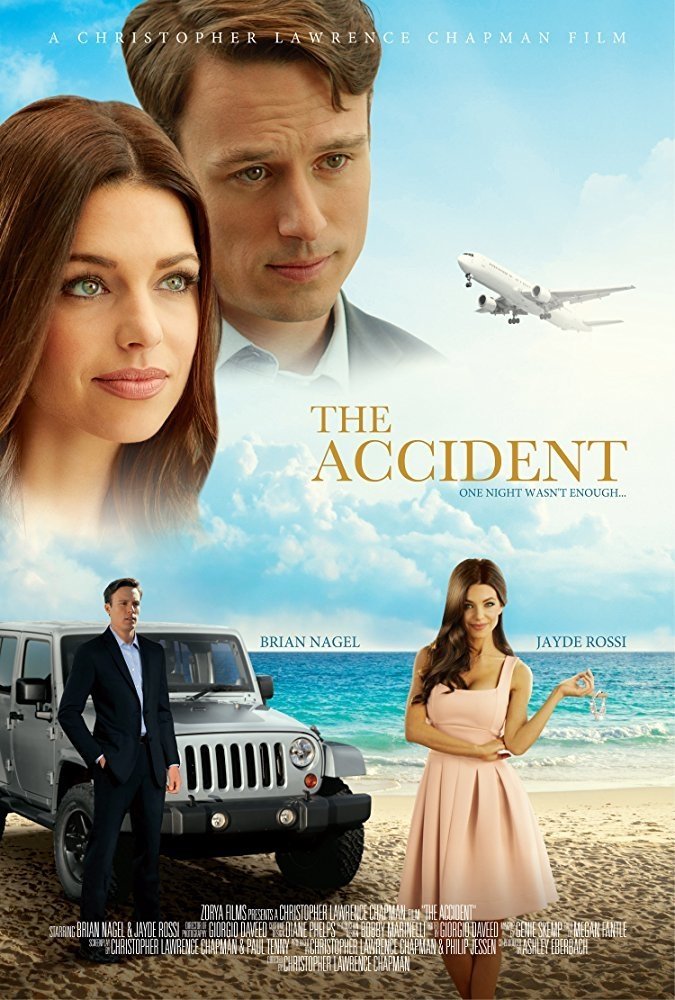 2017-01-01A broken spirited Charlie meets someone who changes his view on life. Destiny keeps telling him this love won't work and that it's too much of a gamble.
2017-01-01A broken spirited Charlie meets someone who changes his view on life. Destiny keeps telling him this love won't work and that it's too much of a gamble.The Idiotmaker's Grav...
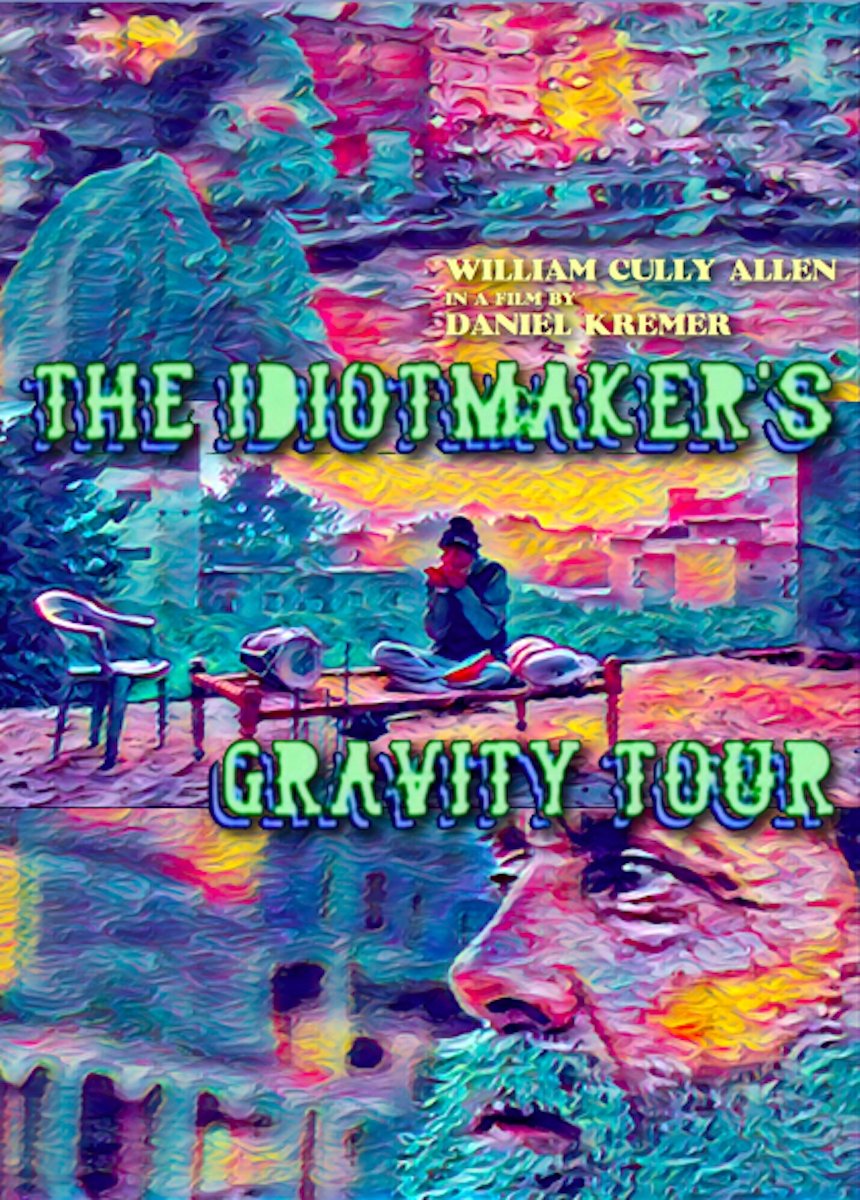 2011-08-18Max Plugin is a jaded but flamboyant relic of the 1960s. In his teens, Max ran away to California, where he met Teschlock, a charismatic ascetic and guru renowned among a small group of young followers. At that time, when Teschlock asked Max to join him and his disciples on an ashram in India, Max declined and returned home. Now, forty years later, at age 57, Max takes a journey to India to find Teschlock's grave-site, and also himself. His adventures in India, and his Castaneda-esque experiences back home, form the heart of this very unusual road movie.
2011-08-18Max Plugin is a jaded but flamboyant relic of the 1960s. In his teens, Max ran away to California, where he met Teschlock, a charismatic ascetic and guru renowned among a small group of young followers. At that time, when Teschlock asked Max to join him and his disciples on an ashram in India, Max declined and returned home. Now, forty years later, at age 57, Max takes a journey to India to find Teschlock's grave-site, and also himself. His adventures in India, and his Castaneda-esque experiences back home, form the heart of this very unusual road movie.Posthumous
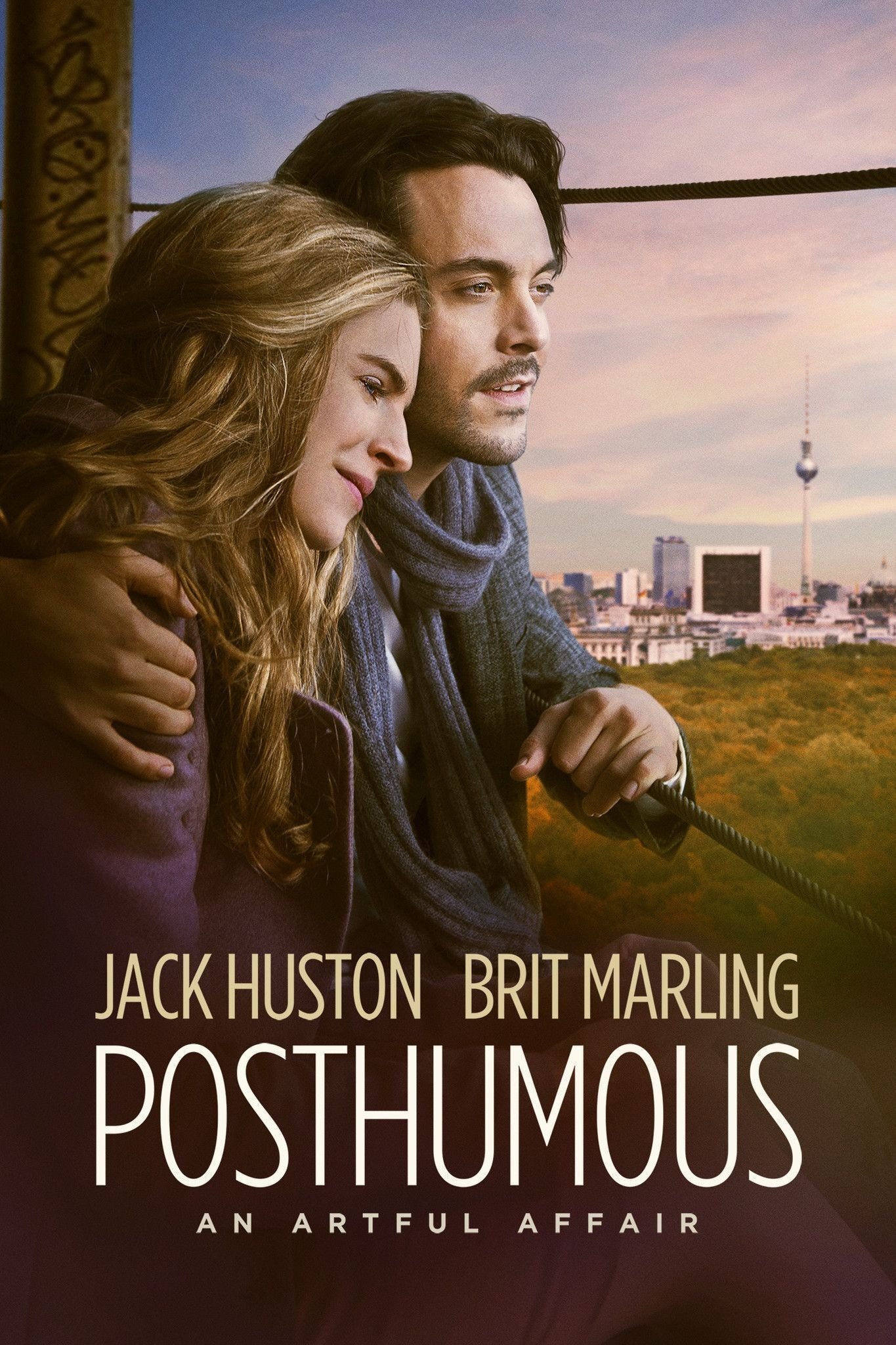 2014-10-04After false reports of his demise put him and his work on the map, an artist decides to continue the charade by posing as his own brother. Soon, a reporter enters his life and has a profound effect on him.
2014-10-04After false reports of his demise put him and his work on the map, an artist decides to continue the charade by posing as his own brother. Soon, a reporter enters his life and has a profound effect on him.The Hell of '63
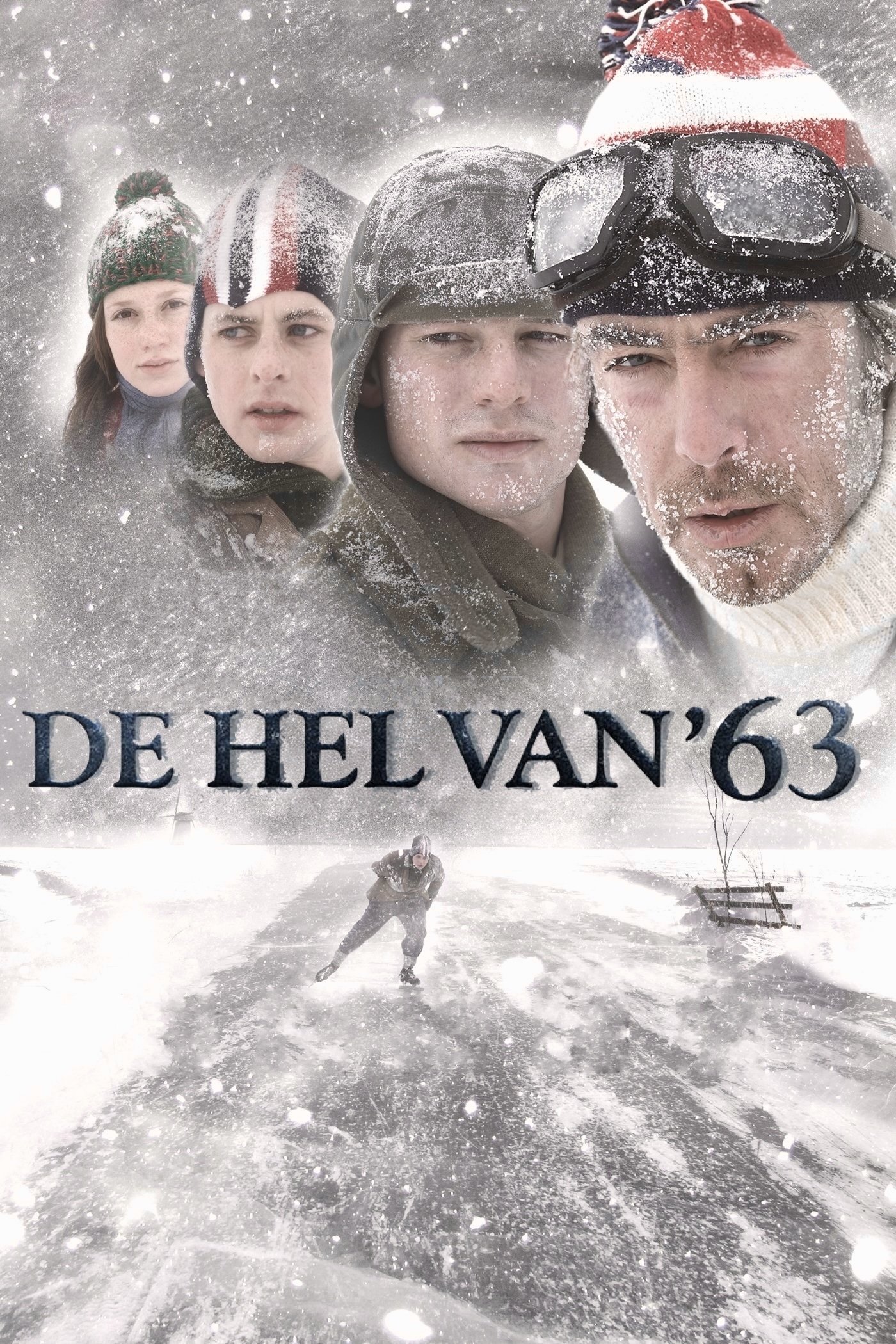 2009-12-16When extreme weather suddenly hits the Netherlands in 1963, a 120-mile tour skating event taking place on natural ice forces its contestants to contend with life-threatening race conditions.
2009-12-16When extreme weather suddenly hits the Netherlands in 1963, a 120-mile tour skating event taking place on natural ice forces its contestants to contend with life-threatening race conditions.
